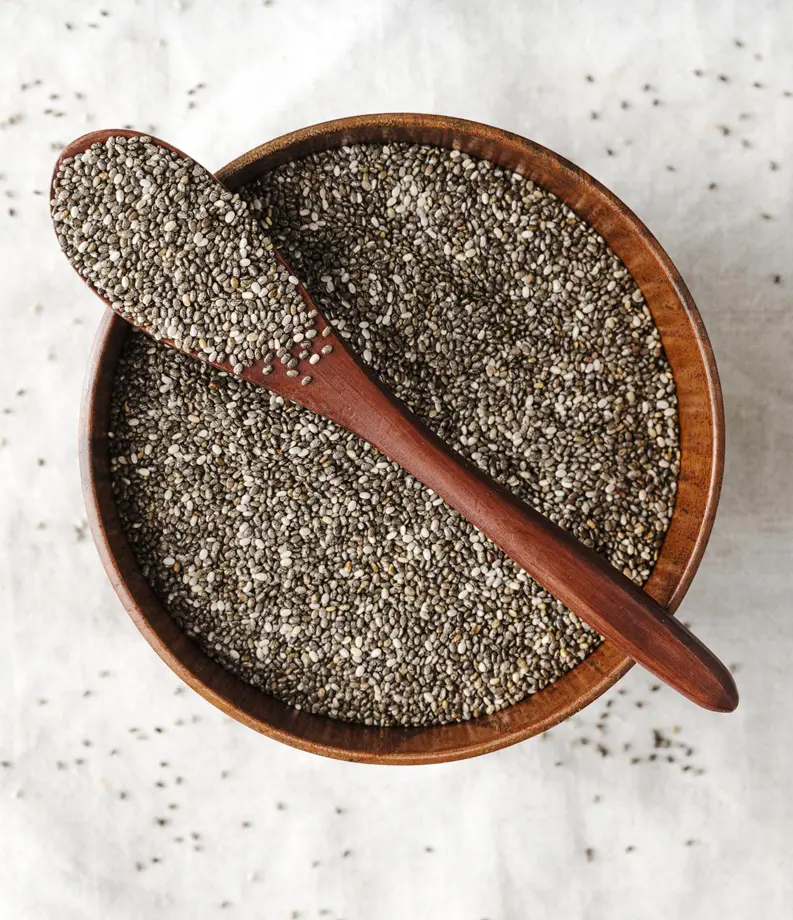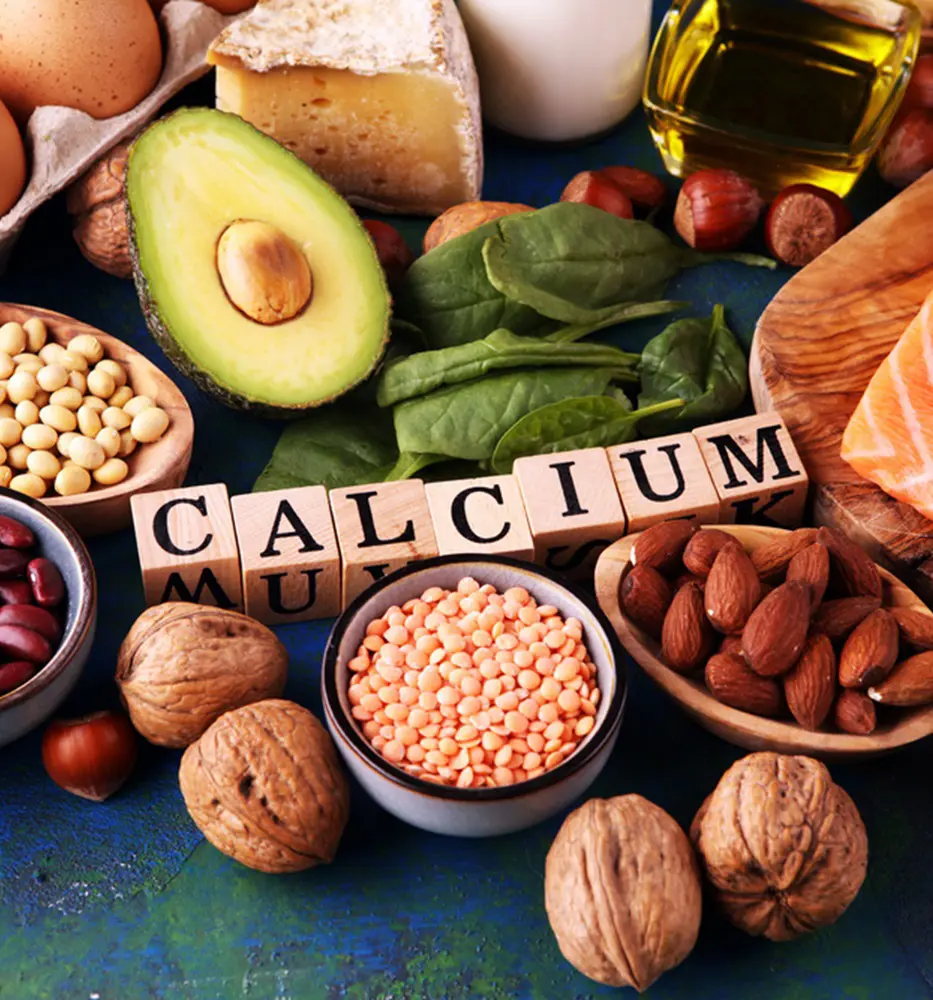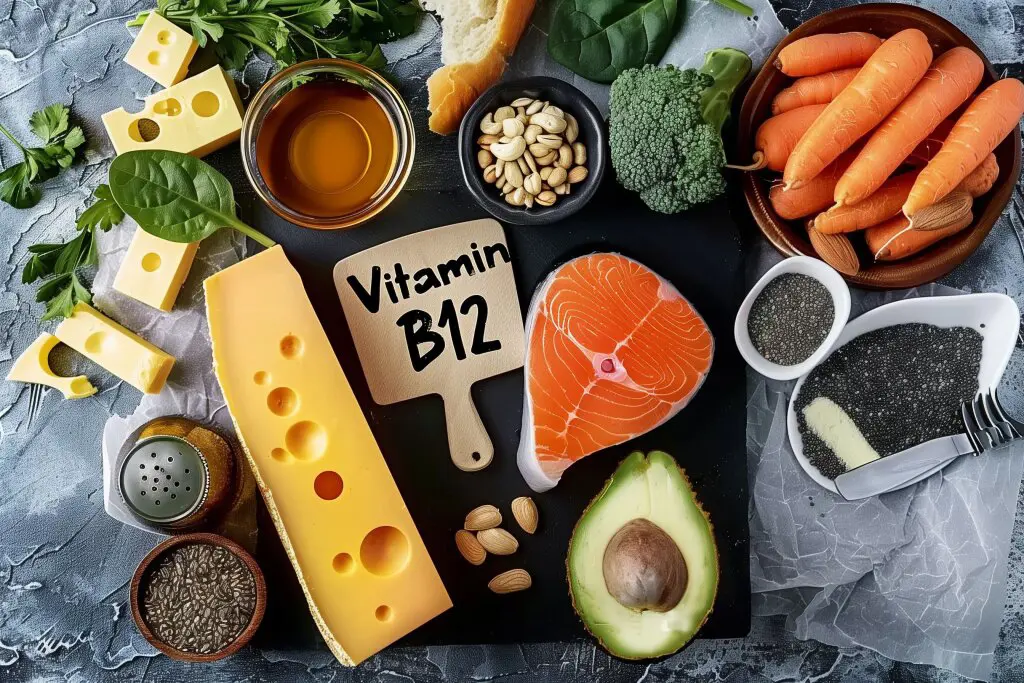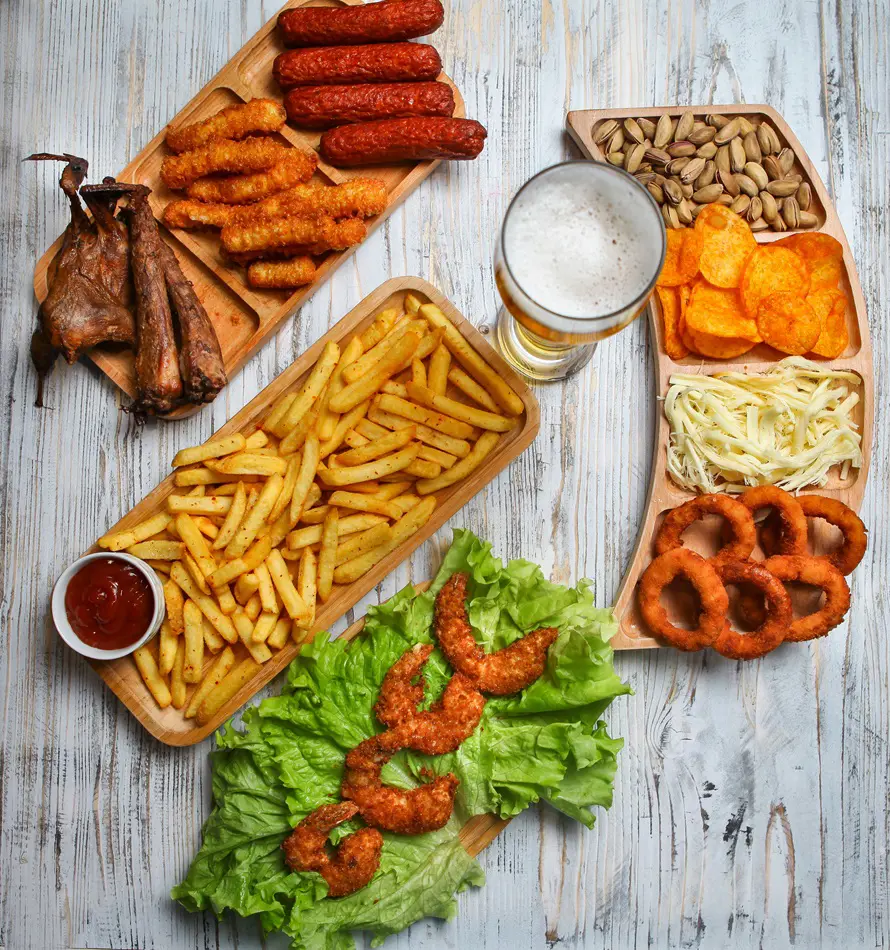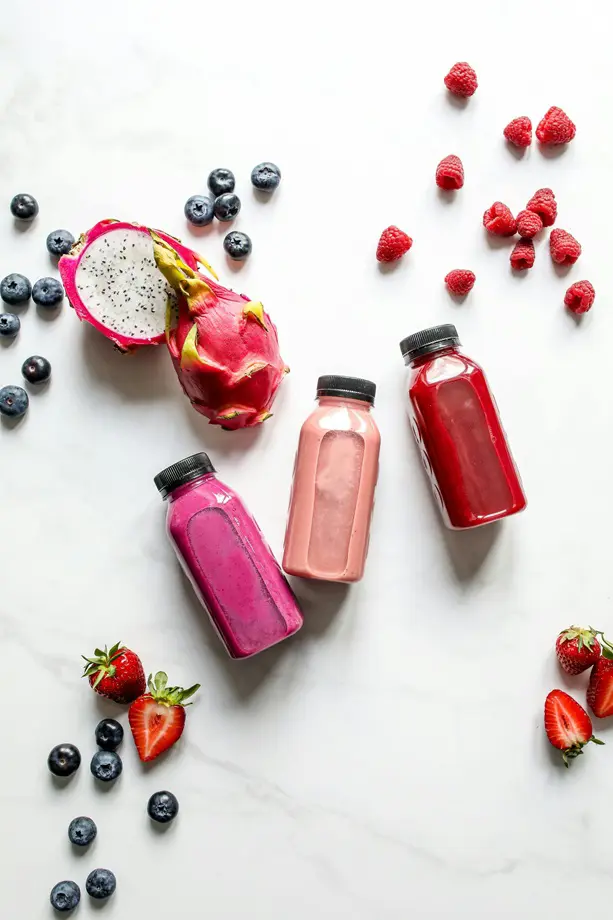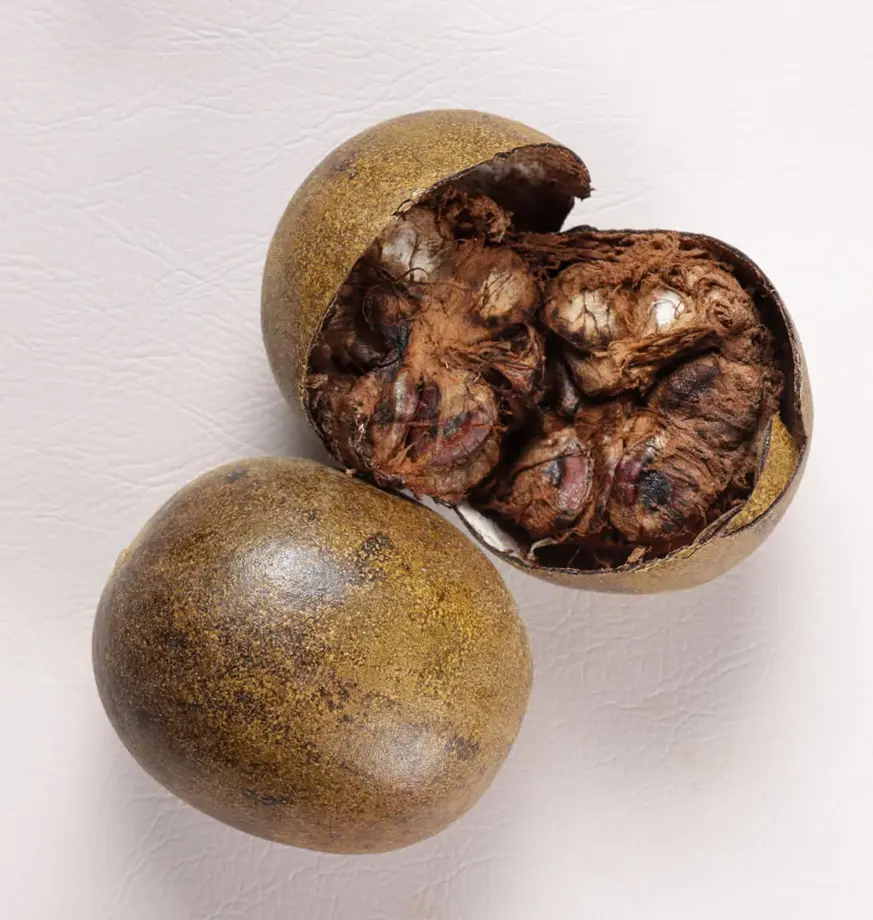30 Probiotic Foods to Boost Your Gut Health and Improve Your Overall Well-Being
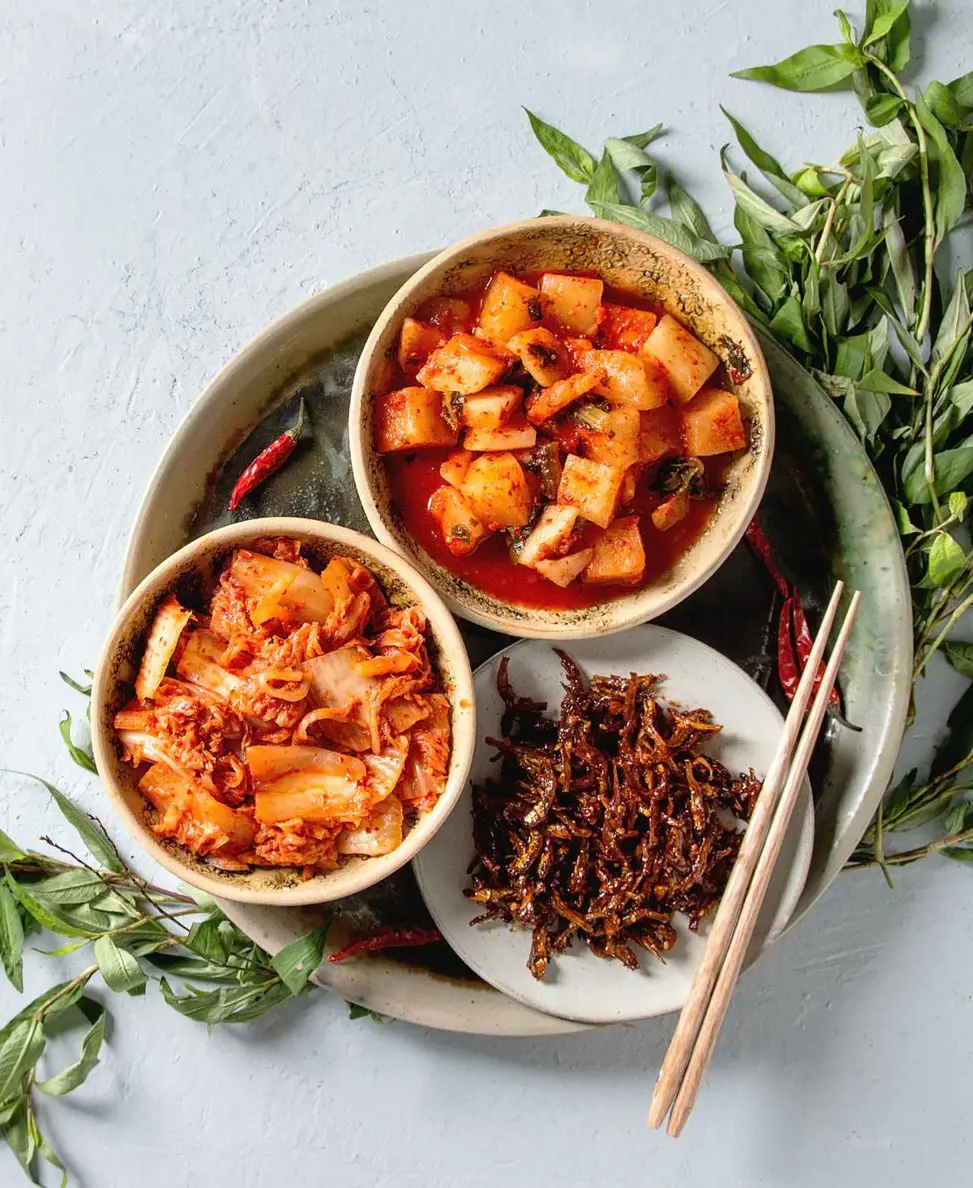
This post may contain affiliate links. If you make a purchase through links on our site, we may earn a commission.
Probiotic foods are loaded with beneficial bacteria that keep your body healthy and your mind satisfied. It retains live beneficial bacteria that can assist in reviving the balance of your gut microbiome vital for your overall wellness.
The good bacteria aid in breaking down food and absorb essential vitamins and minerals. Here are 30 probiotic foods to boost your gut health and improve your overall well-being:
1. Yogurt

Yogurt, created from milk, is high in calcium, proteins, and vitamins. Because it is fermented by bifidobacteria and lactic acid bacteria, it is a great source of probiotics. These essential nutrients help to boost your gut microbiota.
Also, it protects teeth and bones while aiding in controlling digestive problems. In addition, a significant amount of your immune system resides in the gut, and this probiotic food supports a robust immune defense.
2. Lassi
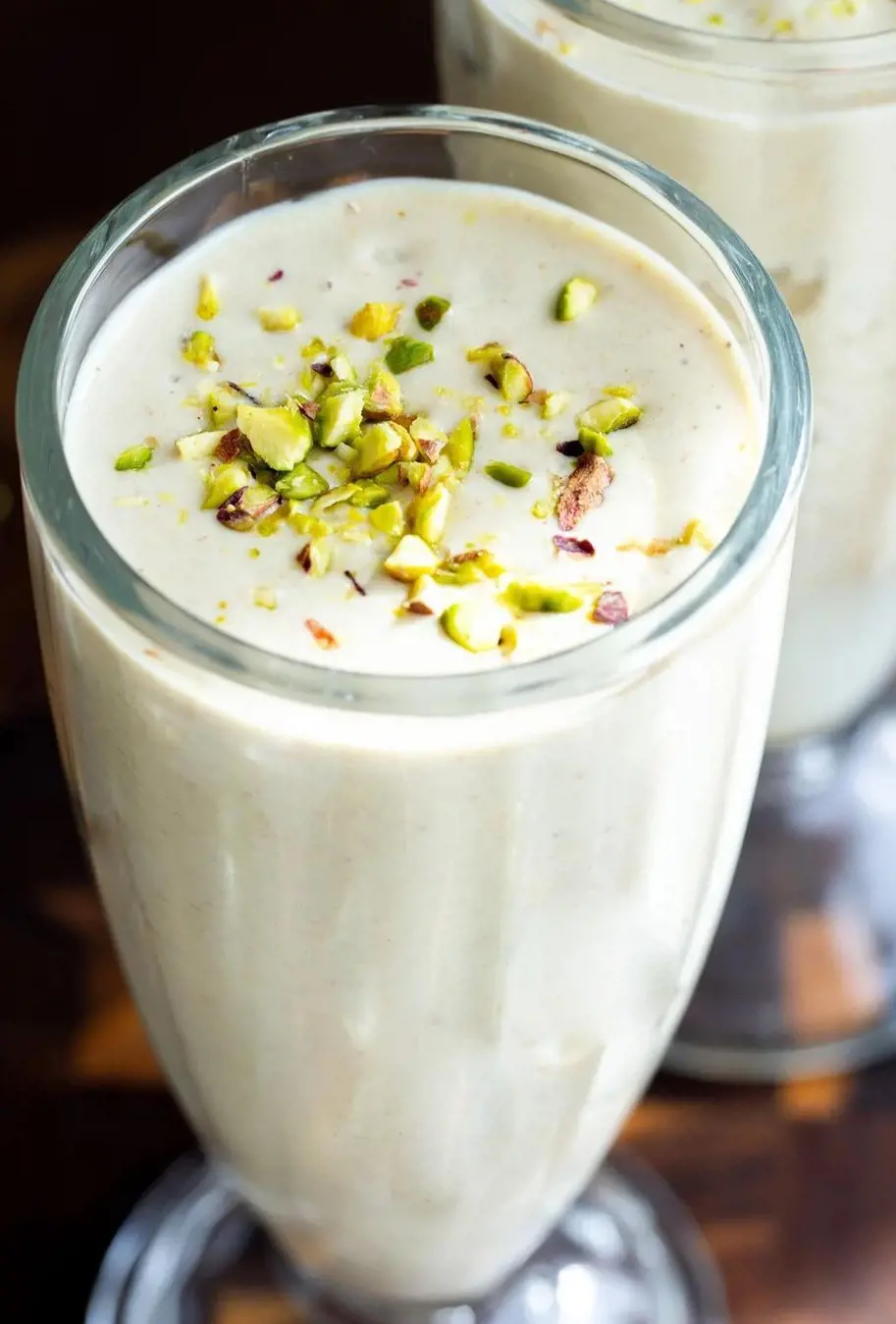
This refreshing traditional Indian yogurt-based drink, lassi, includes a smoothie-like texture. It is packed with good bacteria that ensure a healthy gut as it assists in healing the stomach.
It also boosts immune function, which speeds metabolism and ultimately aids in the weight loss process. So, regularly having lassi may enhance digestion, lower blood pressure, and aid detoxification.
3. Kimchi

Kimichi is a traditional Korean staple dish in Korean cuisine that includes salted and fermented vegetables (commonly cabbage or radish). Being a fermented food, it stimulates numerous probiotics, and having healthy microorganisms supplies several health benefits.
It regulates the immune system, battles inflammation, stimulates weight loss, and slows aging.
4. Sauerkraut
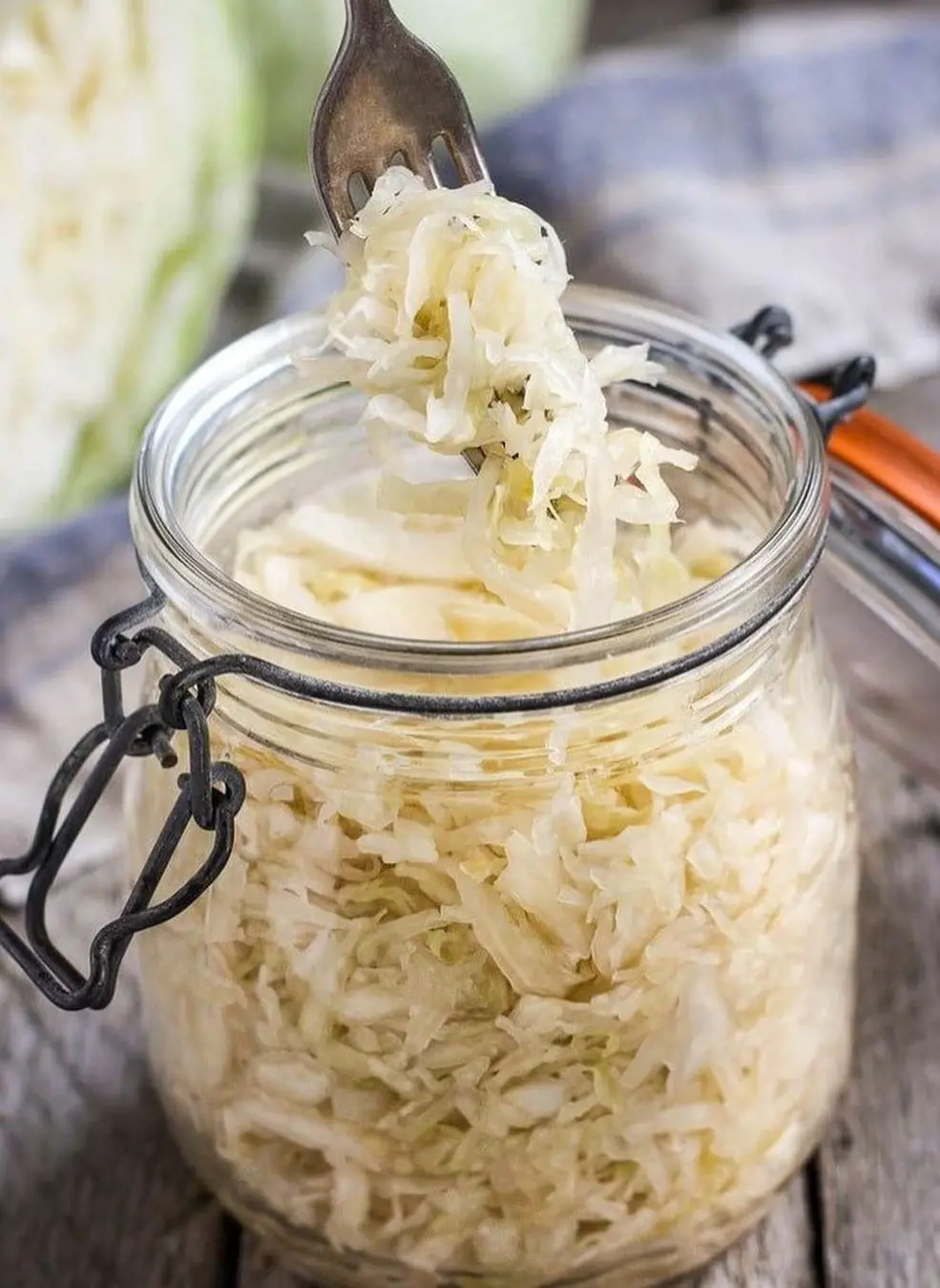
Sauerkraut is prepared by a lacto-fermentation process using cabbage which consists of beneficial bacteria on the surface. As a bowl of yogurt, fermented Sauerkruat includes the same healthy probiotics.
Besides this, this food is packed with fiber and vitamin K2, which aid cholesterol levels, slight progress in blood pressure, and decline the risk of heart disease.
5. Miso
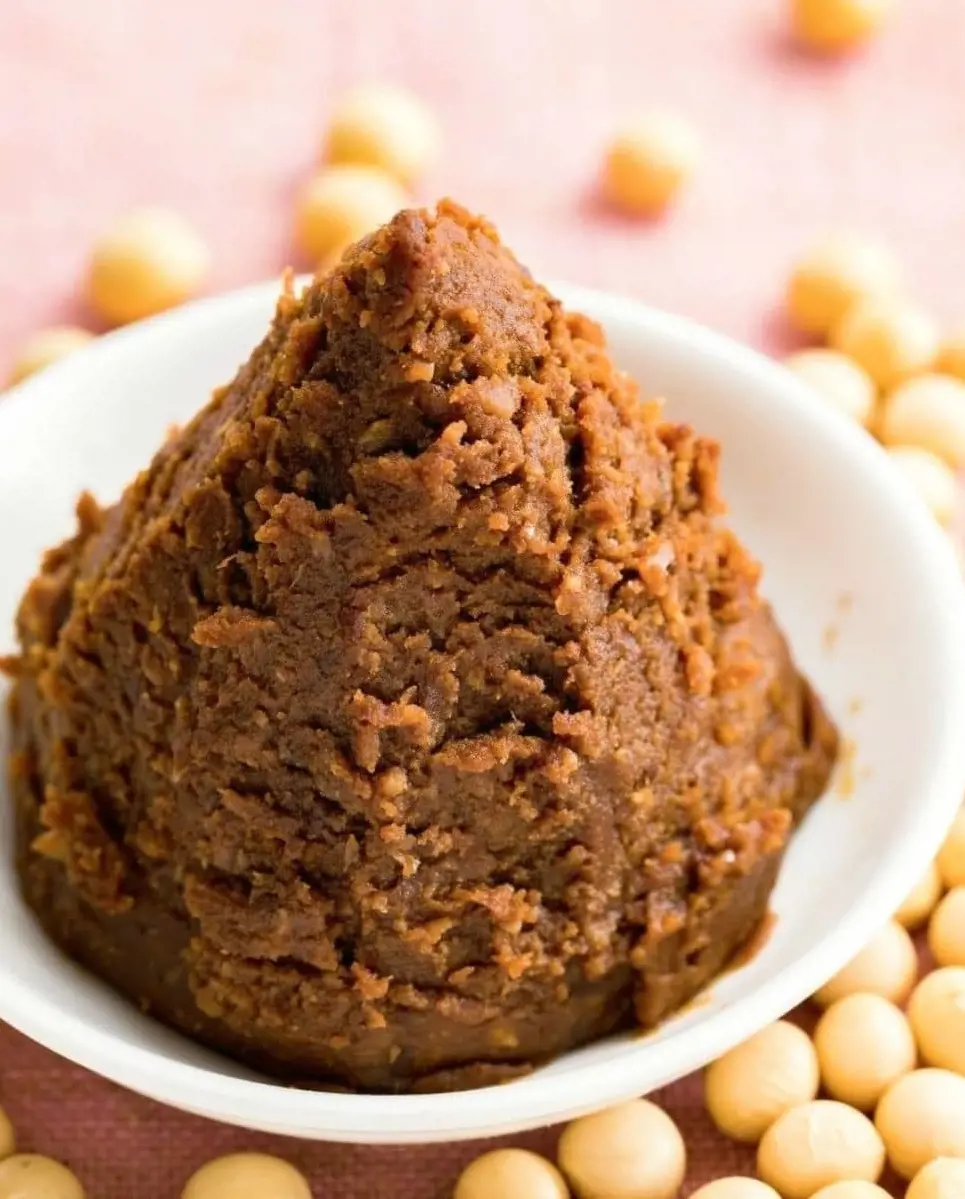
This traditional Japanese seasoning Miso is a thick paste combining fermented soybeans with salt and Koji, or sometimes other ingredients.
It involves the fermentation process, which helps boost beneficial bacteria levels, known as probiotics, which help in a range of health issues like gut health and digestion. Besides this, it helps to reduce the risk of certain cancers, enhance immune function, and support brain health.
6. Kombucha
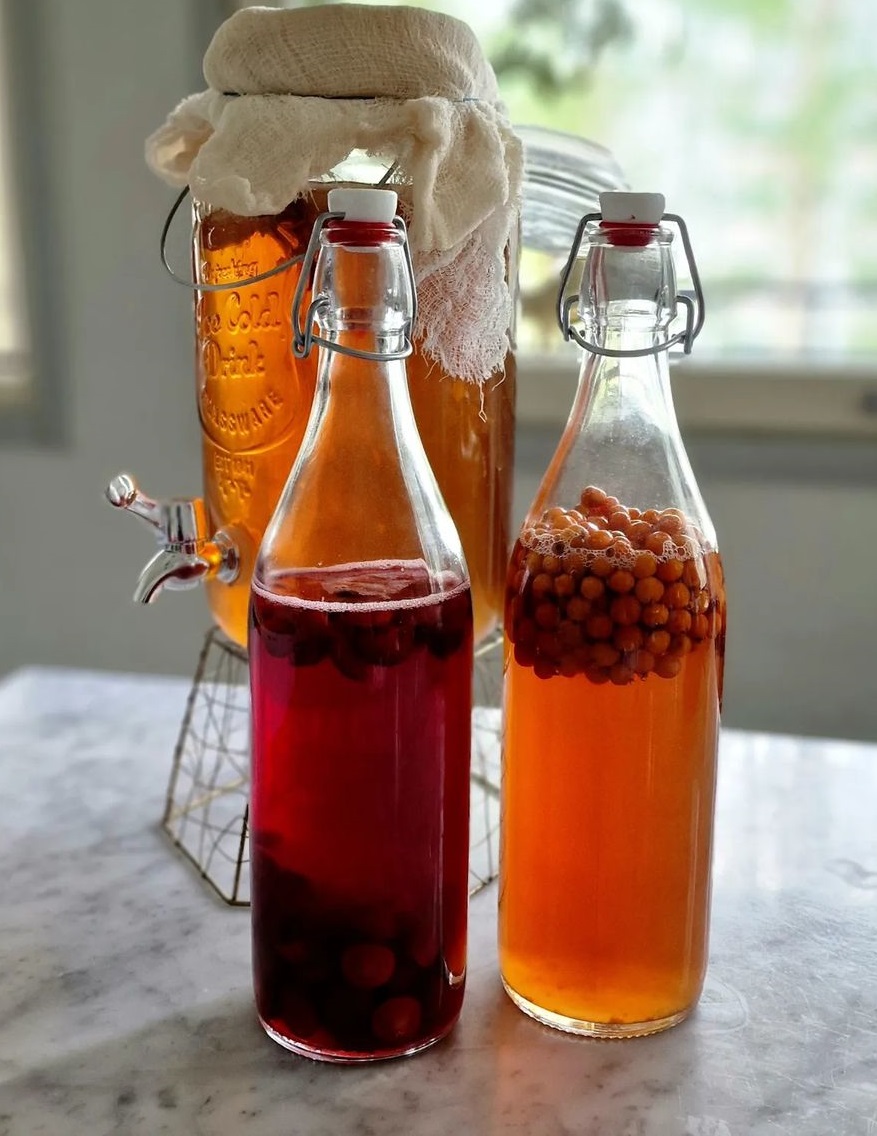
People commonly have this drink, kombucha, for its purported health advantages.
Created through the symbiotic fermentation of sugared tea, it is rich in probiotics. This tea contains antioxidants that battle several diseases as it kills harmful bacteria. Adding kombucha to your diet helps to improve health aspects like inflammation, digestion, and weight loss.
7. Smoothies
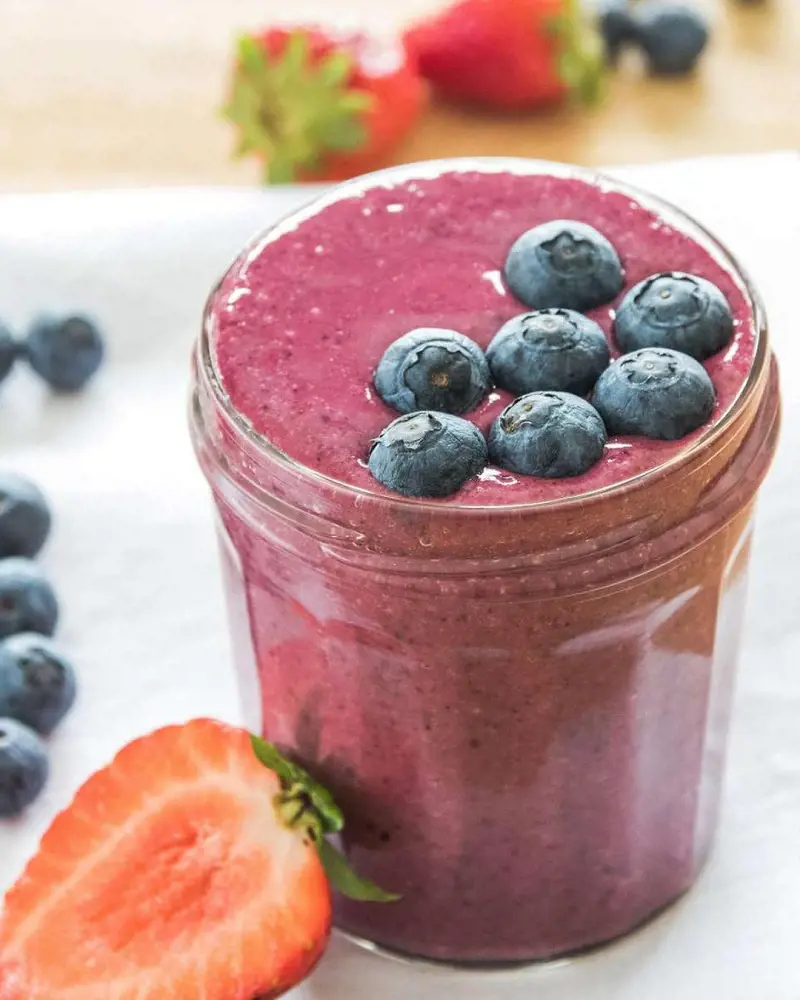
A natural energy drink, Smoothie, consists of seasonal fruits, yogurt, ice cream, and vegetables. The blend of these ingredients produces a balanced array of nutrients that can elevate energy levels, digestive health, brain function, and overall health.
Also, it is a wholesome way to add nutrients to your diet, as it helps weight loss. However, having it at an excessive level negatively affects your body as it adds unforeseen calories.
8. Kefir
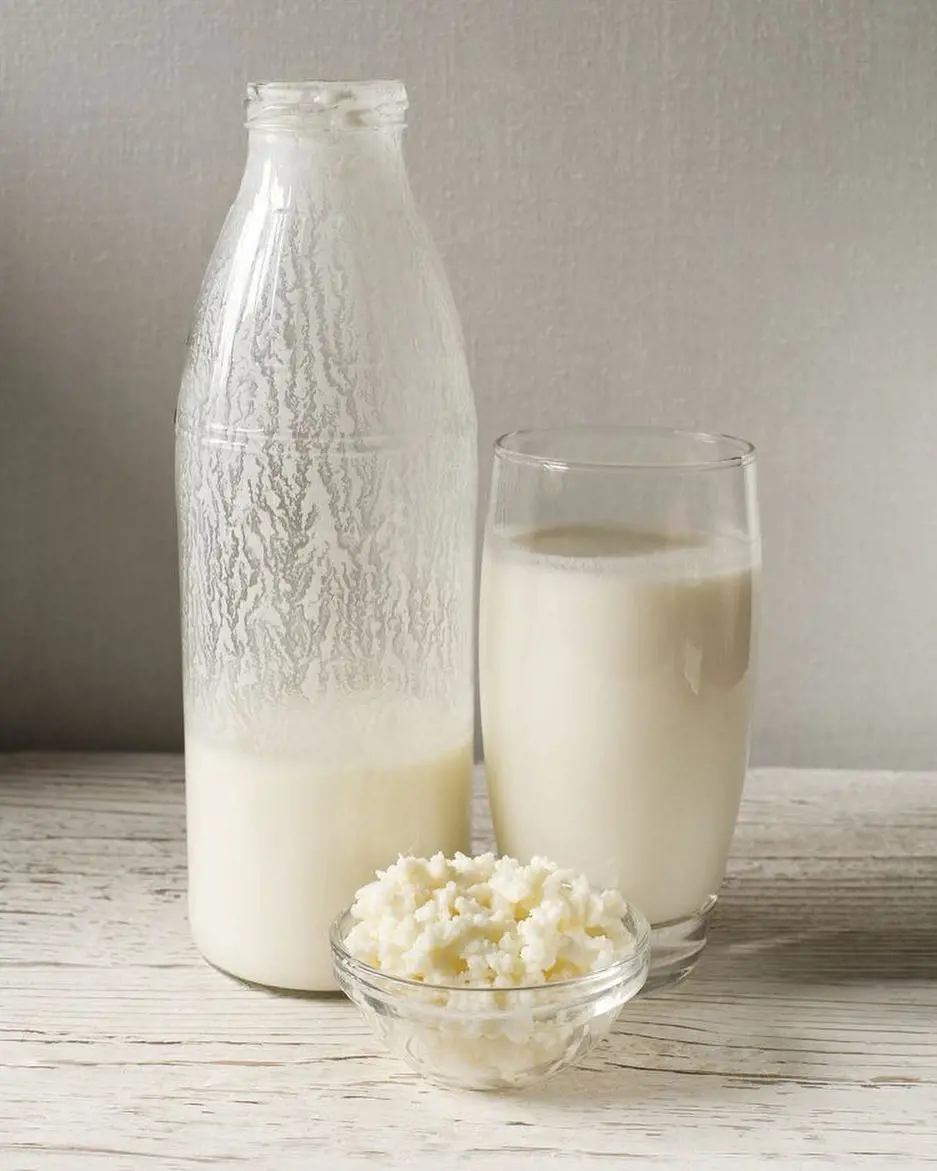
A fermented milk drink, Kefir, is similar to a thin yogurt produced from kefir grains.
The nutrients and microorganisms included in this drink elevate intestine health, uphold strong bones, combat germs, keep muscles healthy, handle blood sugar, and ease stress.
9. Sourdough
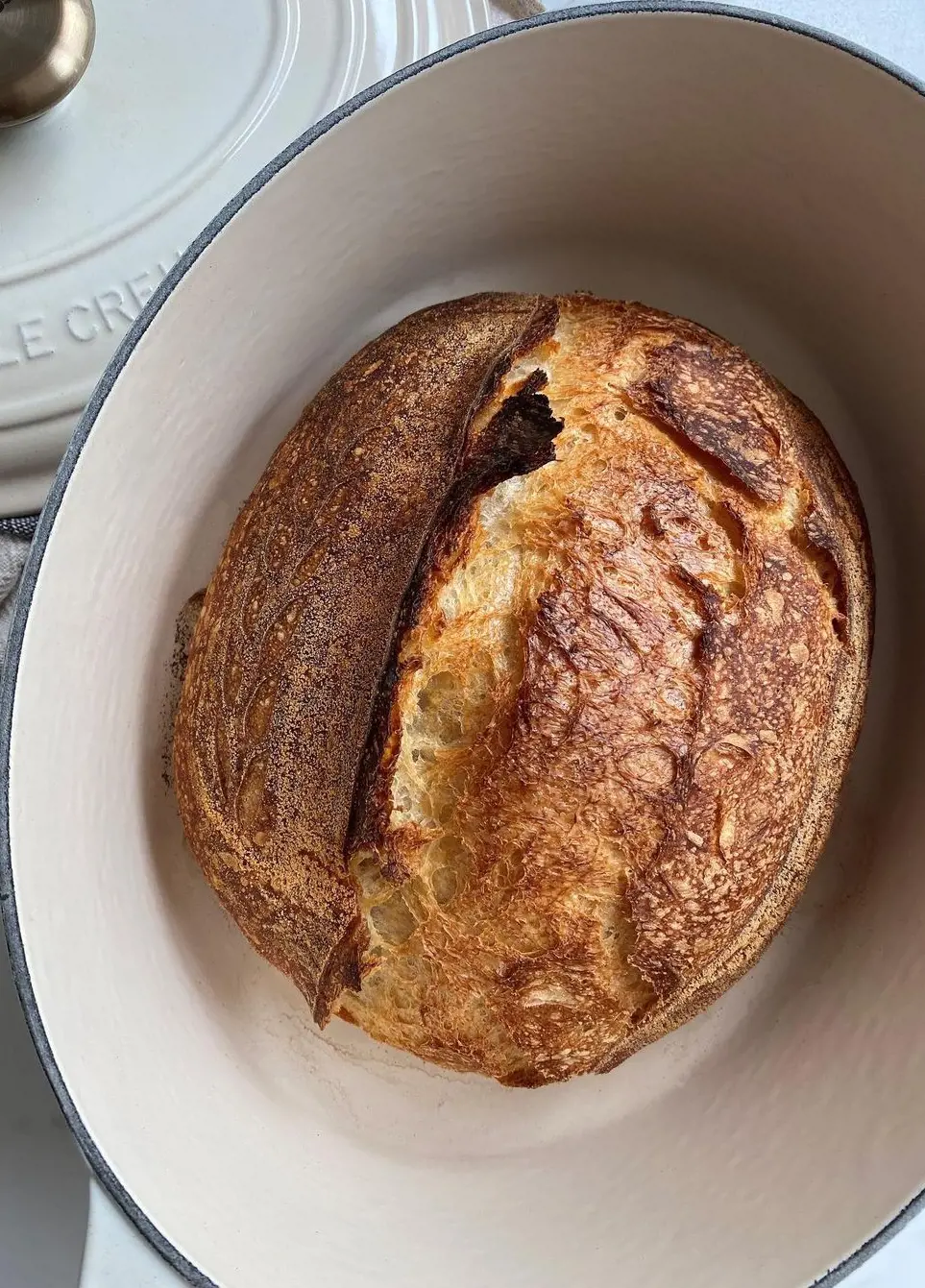
Sourdough bread uses yeast and wild lactobacillaceae that are used to produce the fermentation of dough. It helps digestion as it includes high quantities of lactic acid.
The bacteria yeast composition breaks down the starches before reaching the stomach, making it more comfortable in your gut. It includes a variety of vitamins and nutrients, making it super worthwhile for your day-to-day health.
10. Pickled Onions
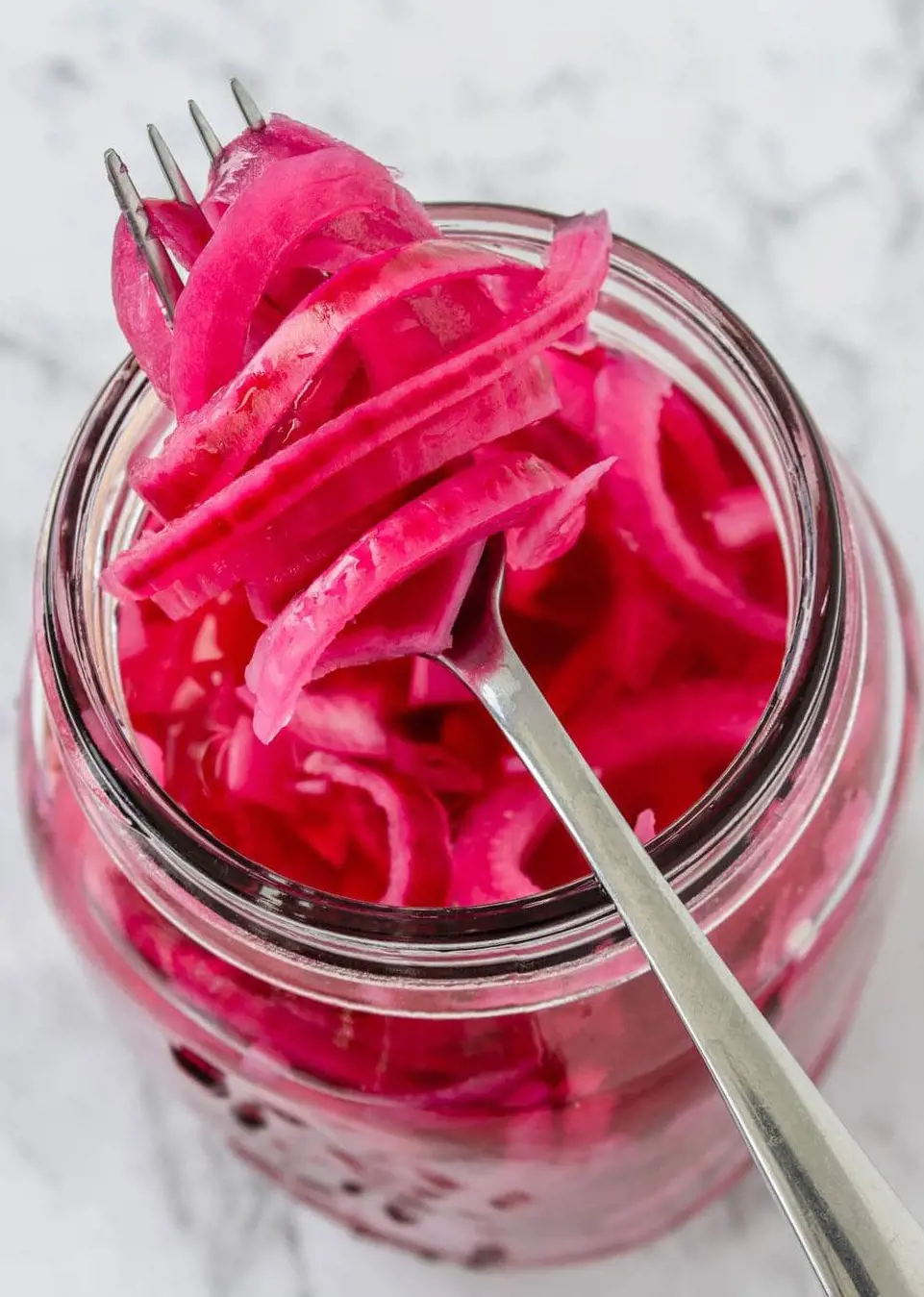
Onions are conserved in vinegar and salt solution to make this pickled onions. Adding nutrition contained in this dish to your diet is healthy as it is low in fat and calories and high in fiber, vitamin C, probiotics, and antioxidants.
All the pickled onions do not contain probiotics; only the one prepared using the lacto-fermentation process includes it as it has lactic acid bacteria.
11. Pickled Cucumbers
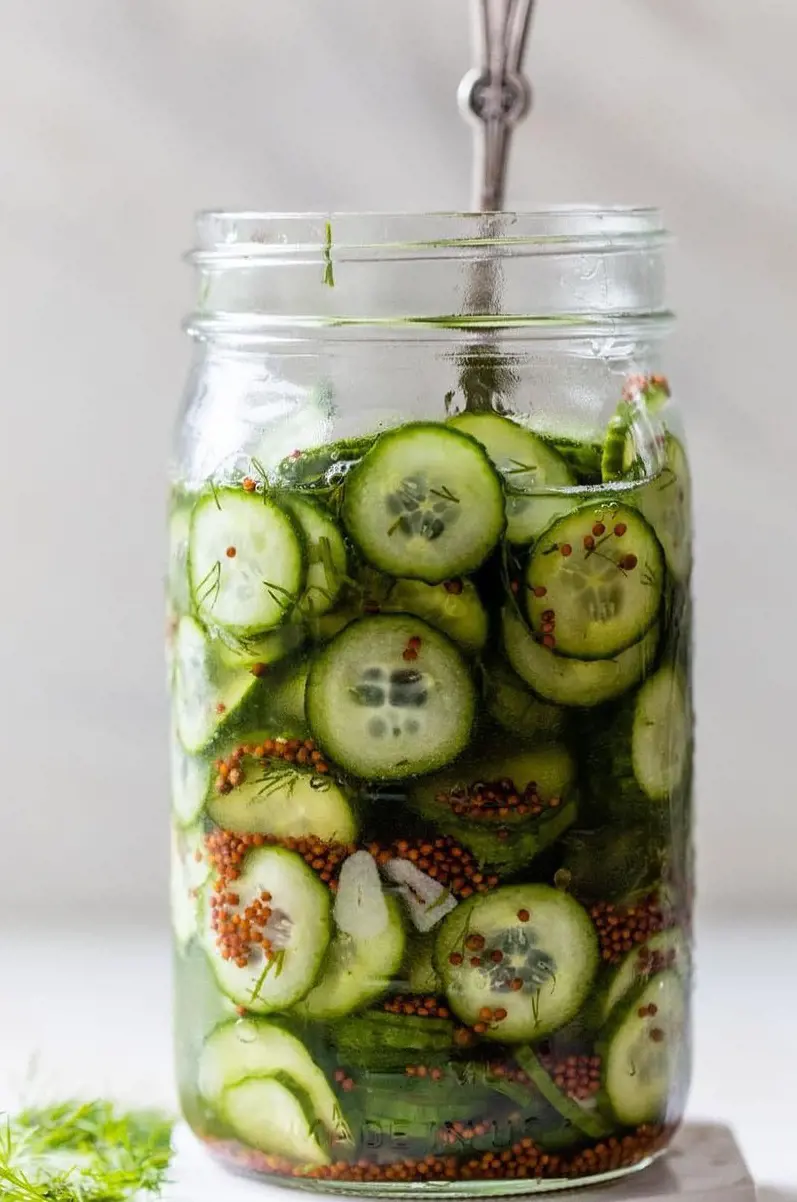
With salted water or other solution, cucumbers are fermented using their natural lactic acid bacteria full of probiotics and vitamin K. These good bacteria are vital for gut health, brain health, and fighting diseases.
Besides, cucumber is high in beta-carotene, which turns your body into vitamin A.
12. Traditional Buttermilk
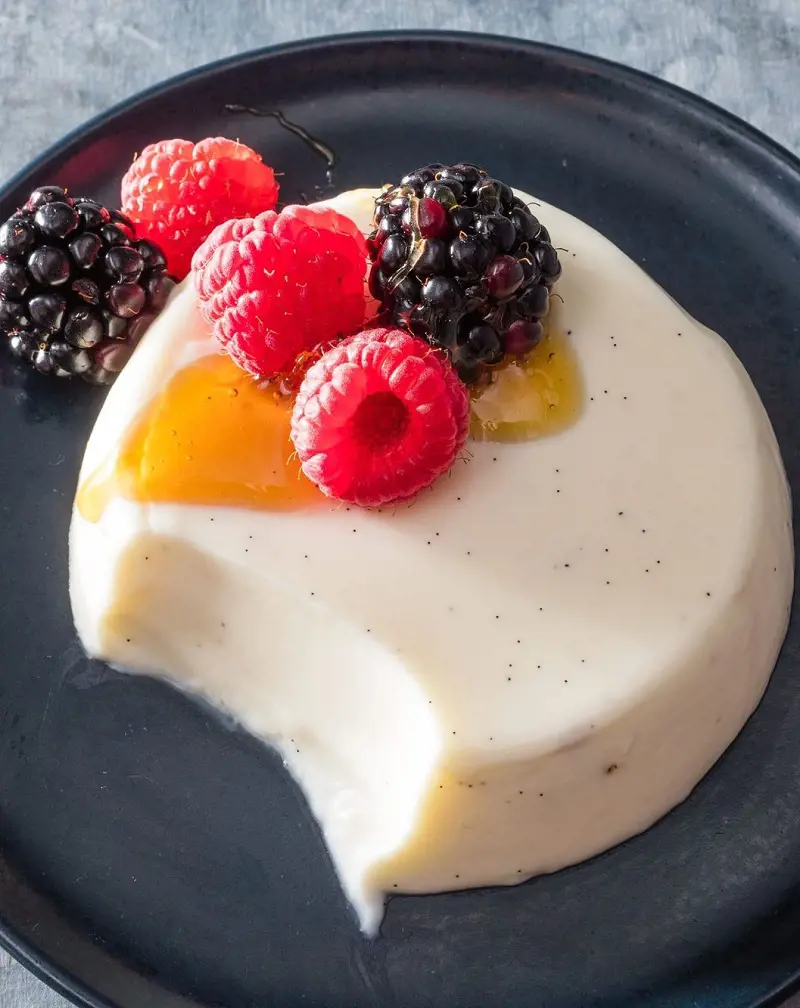
This fermented dairy milk, buttermilk, is made by leaving liquid after churning butter from cultured cream. However, it is different from cultured buttermilk.
This drink includes live cultures like yogurt, which helps in digestion. Drinking this buttermilk keeps you energetic and hydrated as it is loaded with vitamins and proteins and low in fats and calories.
13. Raw cheese
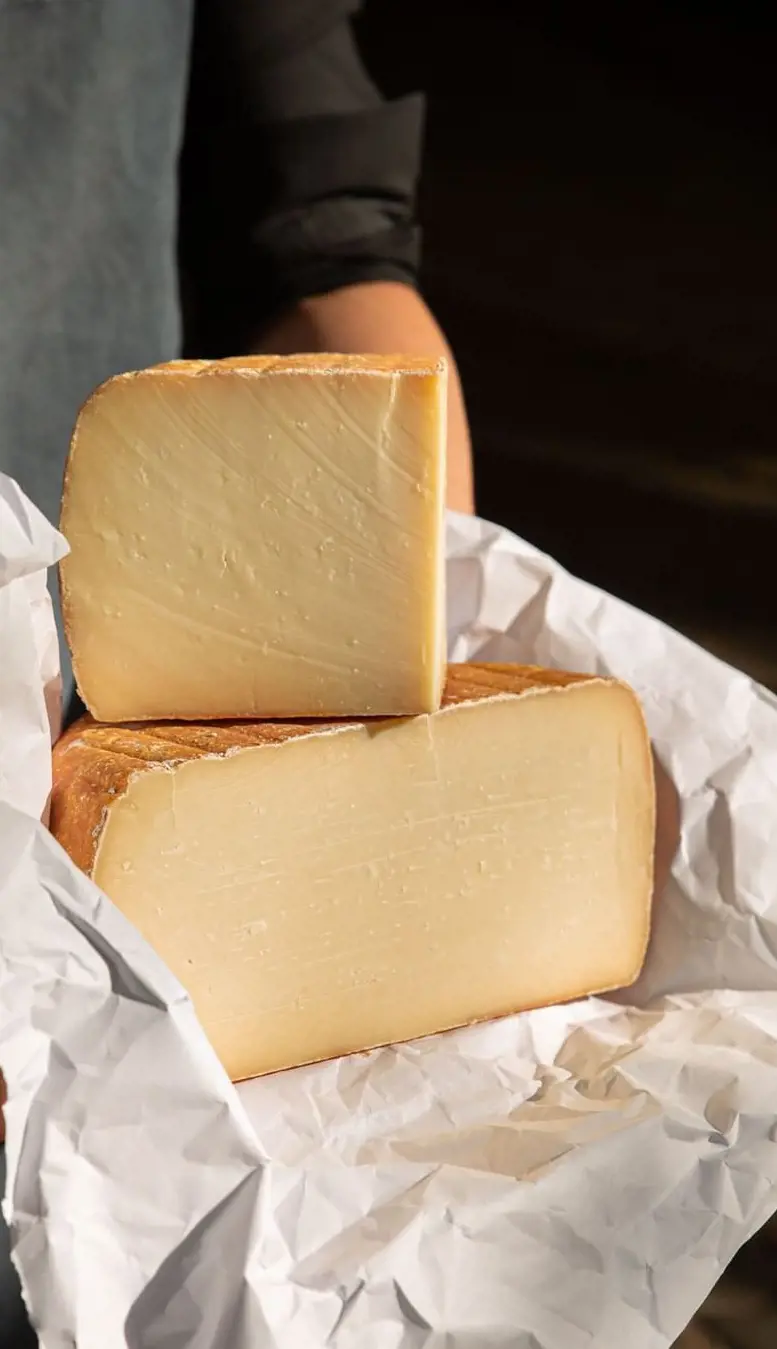
Raw cheese is a fermented food produced with unpasteurized milk that includes beneficial organisms good for your digestion and gut health. It is loaded with minerals, bioavailable vitamins, nutritious fats, enzymes, and Omega-3 fatty acids.
The nourishing saturated fats in these cultured foods benefit skin hydration by lowering inflammation, supporting a strong skin obstacle, and improving nutrient absorption required for skin restoration.
14. Mozzarella
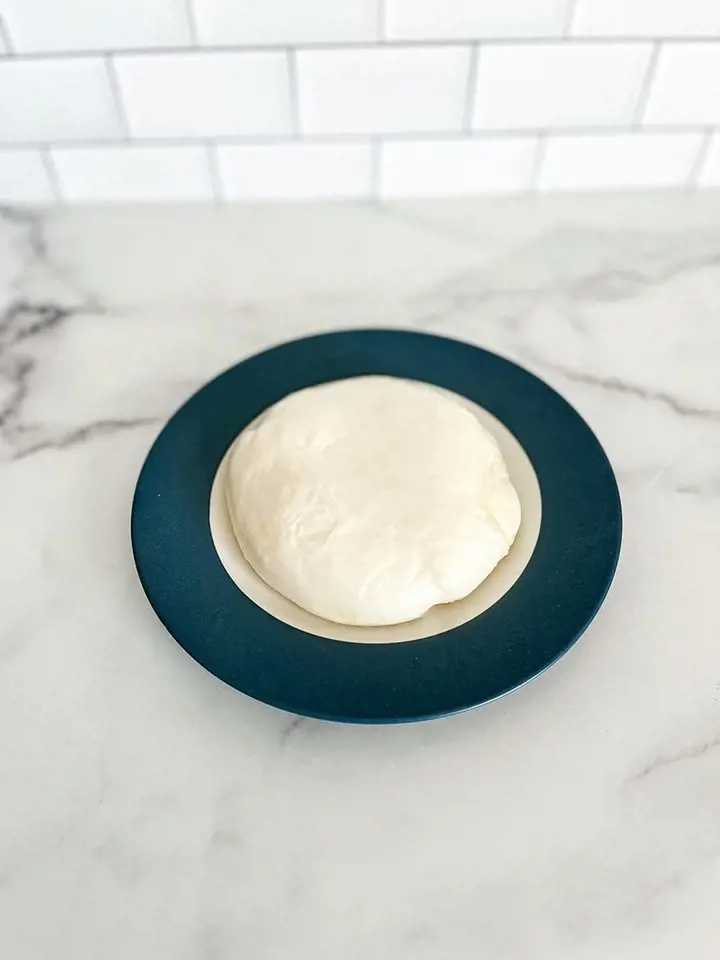
This southern Italian nonaged cheese mozzarella produced by the pasta filata method with buffalo milk includes essential nutrients for your diet, like healthy probiotics, calcium, vitamins, zinc, protein, and potassium.
It supports bone health, promotes muscle growth, boosts the immune system, and nourishes the brain.
15. Sour Cream
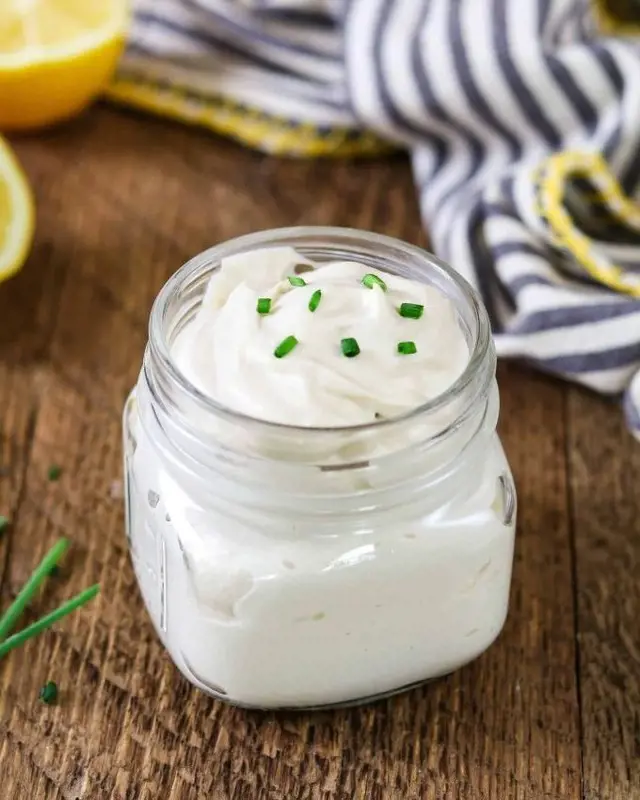
This stape in most kitchens sour cream contains probiotics as it is created with lactic acid-producing bacteria. This cream may help lower bad cholesterol levels, boost bone strength, improve skin health, and retain weight.
If you want to consume probiotic food but have lactose intolerance, contact your doctor before adding it to your diet.
16. Gouda
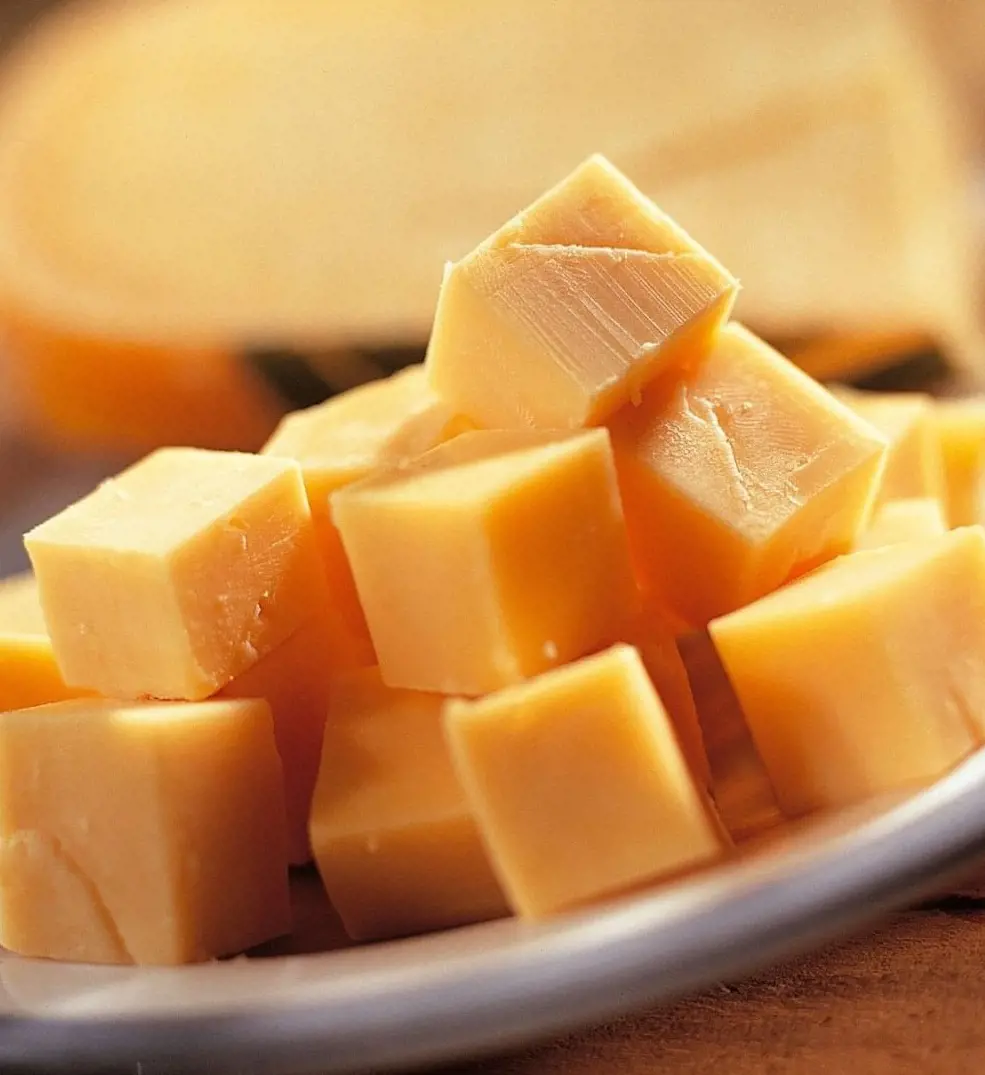
This semi-hard cheese Gouda is a full-fat dairy product rich in probiotics. While making cheese, healthy bacteria can sustain this food, which helps to improve your gut health.
The essential nutrients contained in Gouda may help strengthen bones, maintain blood pressure, prevent blood clots, and lower cardiovascular disease and cancer risk.
17. Fermented Fish
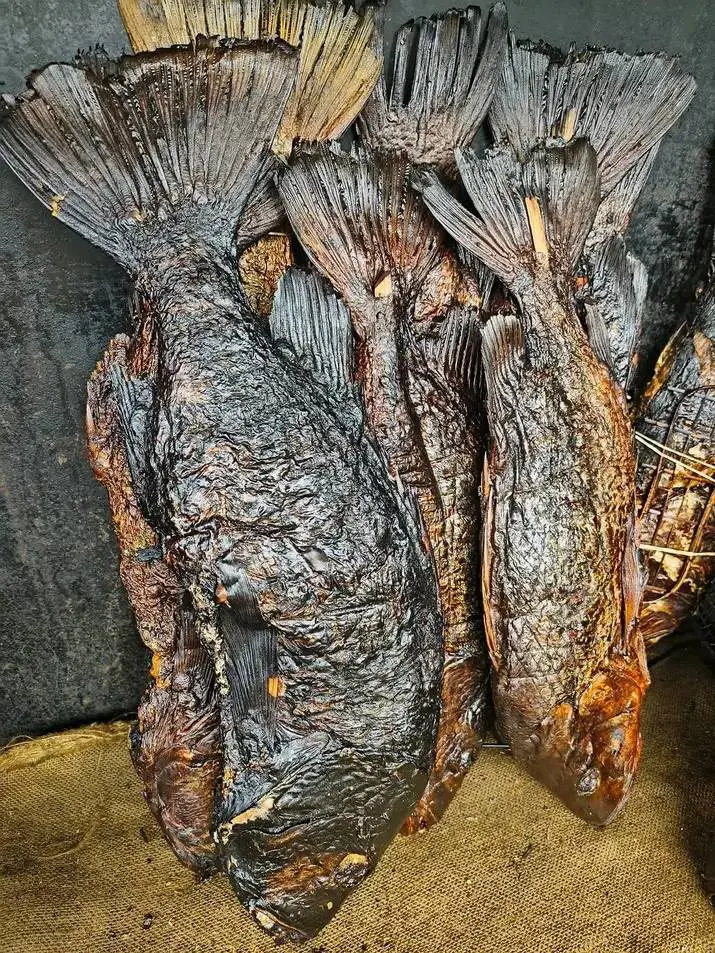
Traditional preservation of fish, fermented fish called Utonga-Kupsu, presents microorganisms that are potential sources of probiotics that contribute to a balanced gut microbiome.
Adding probiotics has several health benefits, including reduction of serum cholesterol, enhanced gastrointestinal function, and improved immune system.
18. Tofu
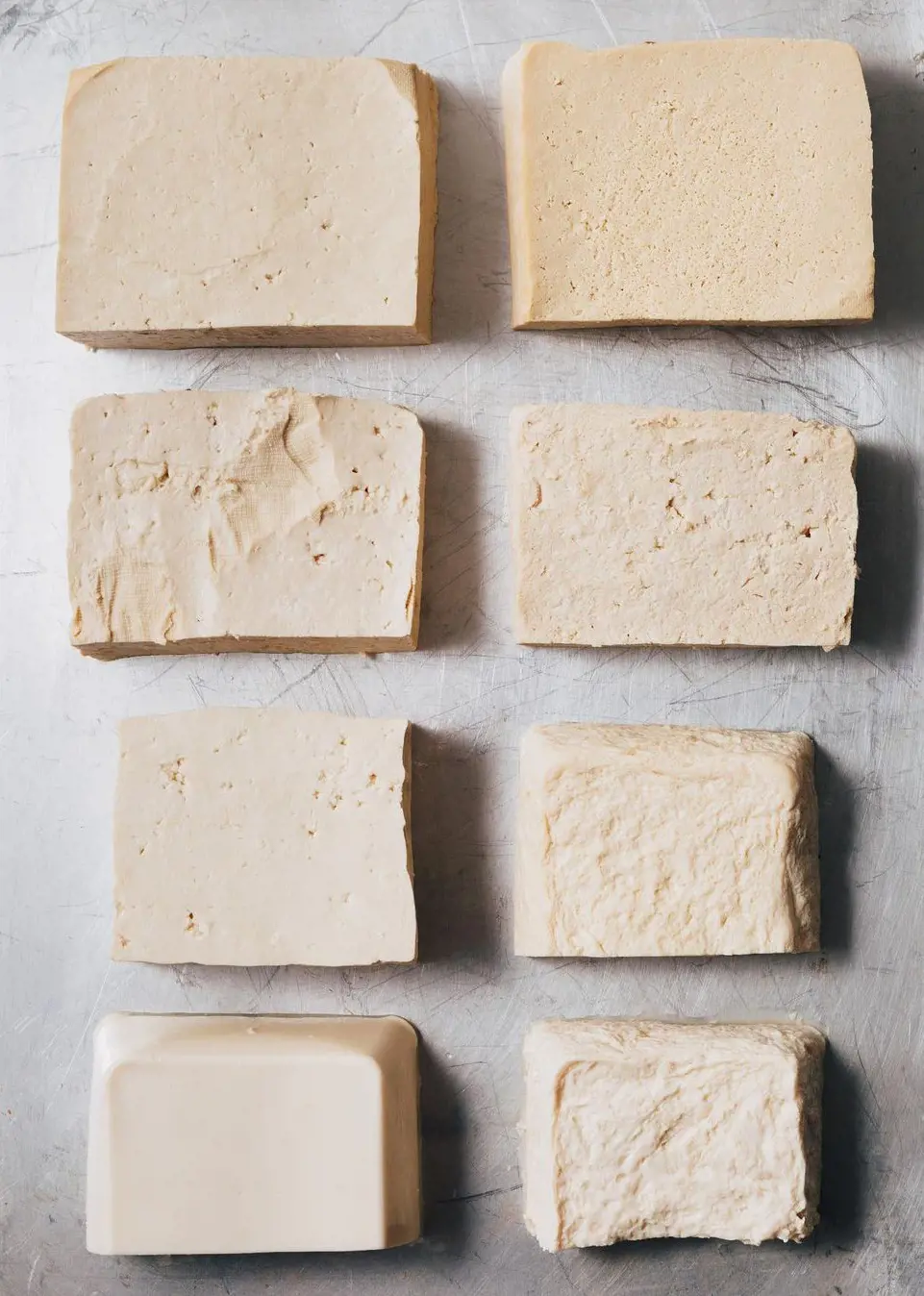
Because it's a fermented food, it is loaded with probiotics that enhance a healthy gut microbiome. Consuming fermented tofu could potentially improve digestion, enrich nutrient absorption, recede inflammation, and help overall immunity.
However, you should limit soy intake if you have estrogen-sensitive breast tumors.
19. Onions

The highly nutritious vegetable onions are rich in prebiotics and fiber. It helps to promote the growth of beneficial bacteria in the gut and fight potentially dangerous bacteria.
Consuming prebiotic foods may assist in increasing probiotics, which are essential for digestive health. Red onion adds vitamins, antioxidants, and dietary fiber that contribute to digestion, reduce inflammation, boost immunity, and strengthen gut health.
20. Bananas
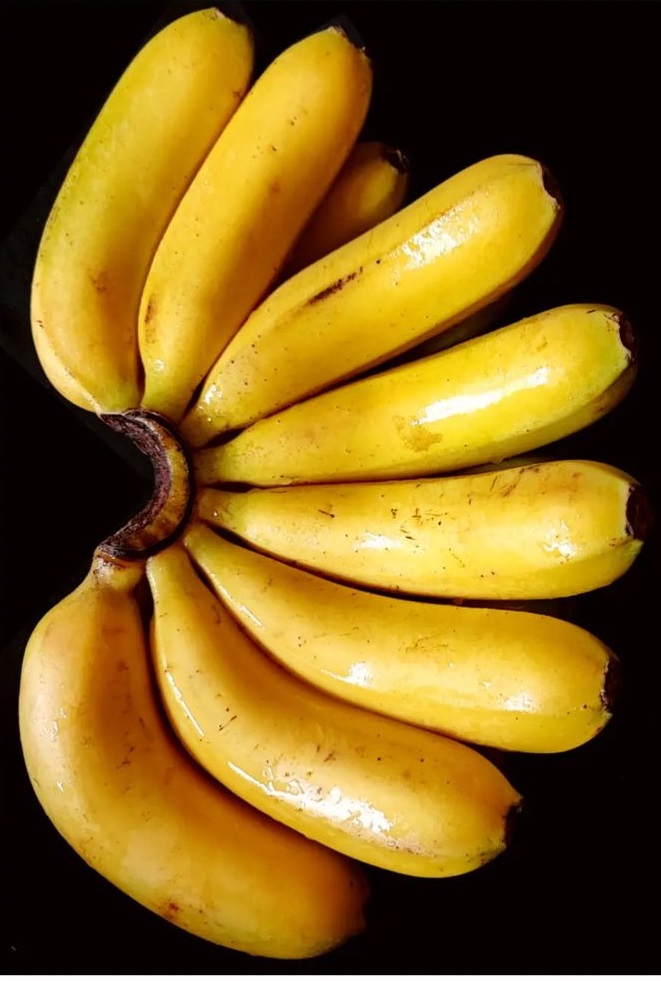
Bananas include dietary fiber, which has a range of health benefits. In unripe bananas, you can discover fiber known as prebiotic, which eludes digestion. It becomes edibles for the good bacteria probiotics in the gut as they conclude in your intestine.
It also retains pectin, which controls constipation and safeguards against colon cancer. Besides this, it aids weight loss, supports heart health, improves insulin sensitivity, and enhances kidney health.
21. Garlic
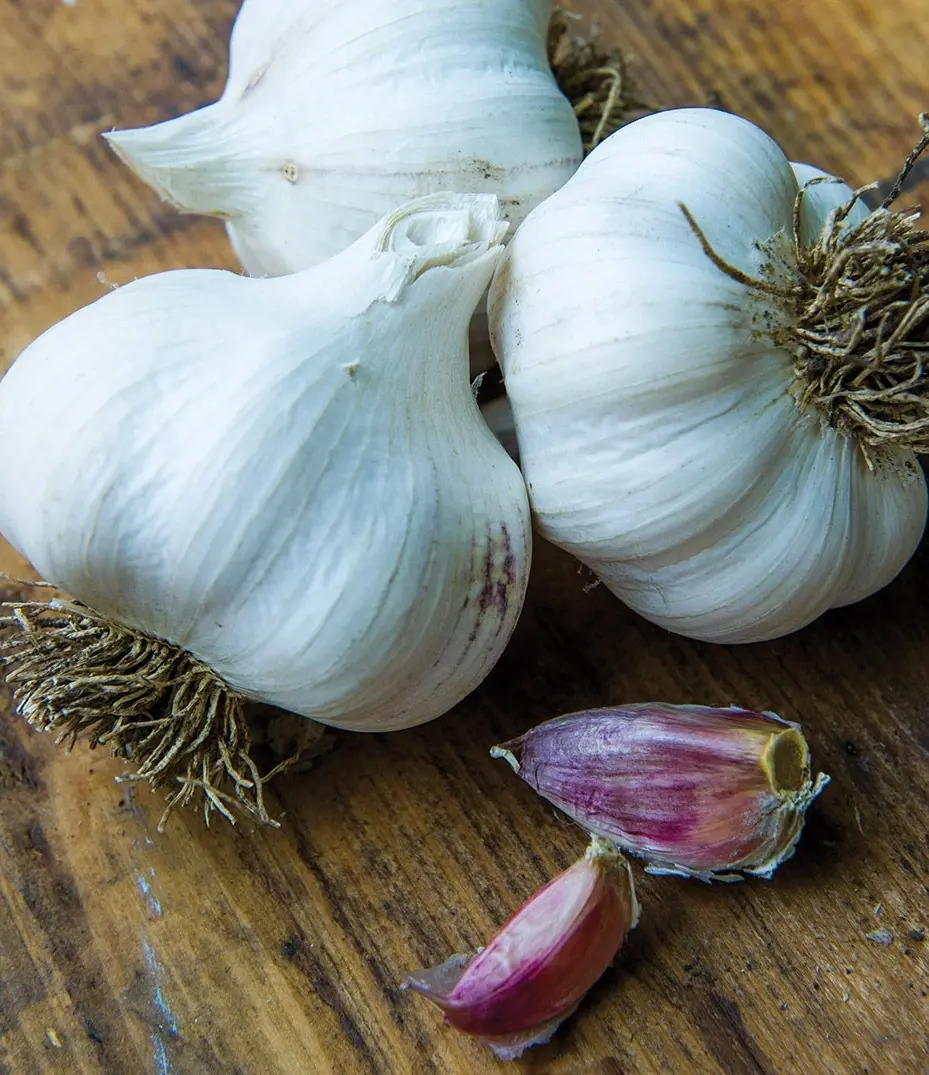
A fragrant and versatile herb, garlic helps to grow healthy probiotic bifidobacteria in your gut, which helps to combat disease. Eating raw garlic assists in clearing our intestinal worms while destroying bad bacteria and safeguarding good ones.
It may boost immune function, lower blood pressure, reduce cholesterol levels, balance blood sugar, and prevent cancer.
22. Apple Cider Vinegar
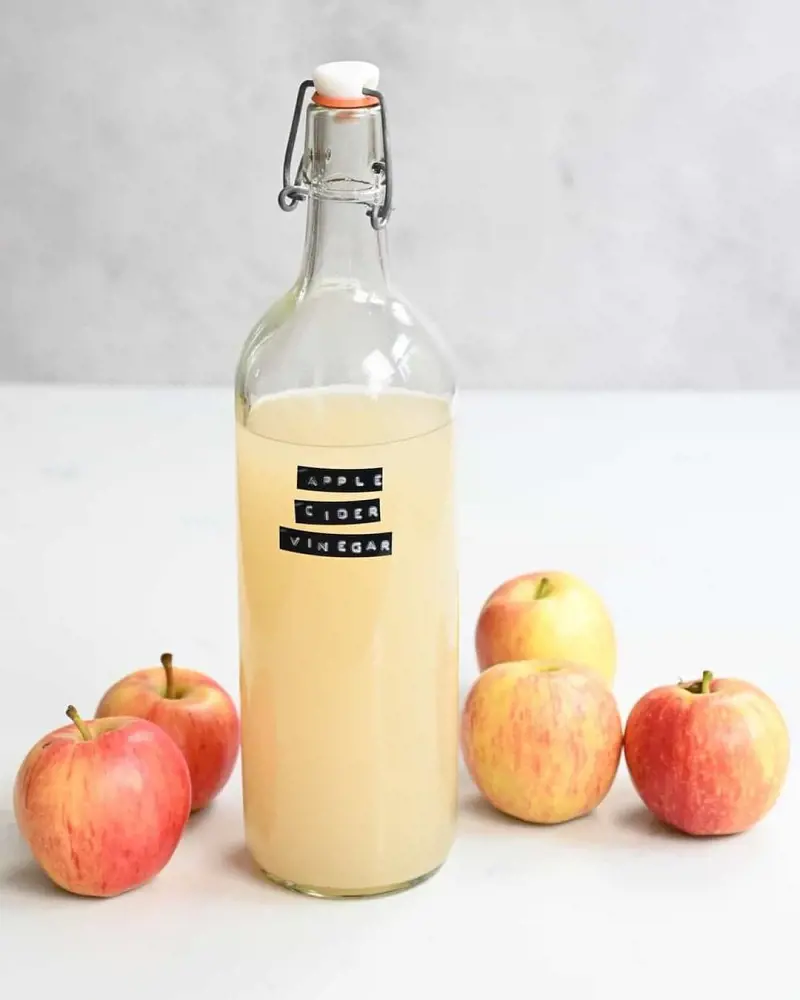
A vinegar produced from fermented apple juice, apple cider vinegar, has antimicrobial properties, being naturally acidic.
The food includes enzymes, proteins, and friendly bacteria that aid weight loss, lower blood sugar levels, improve skin & heart health, reduce cholesterol, and improve diabetes symptoms.
23. Dark Chocolate
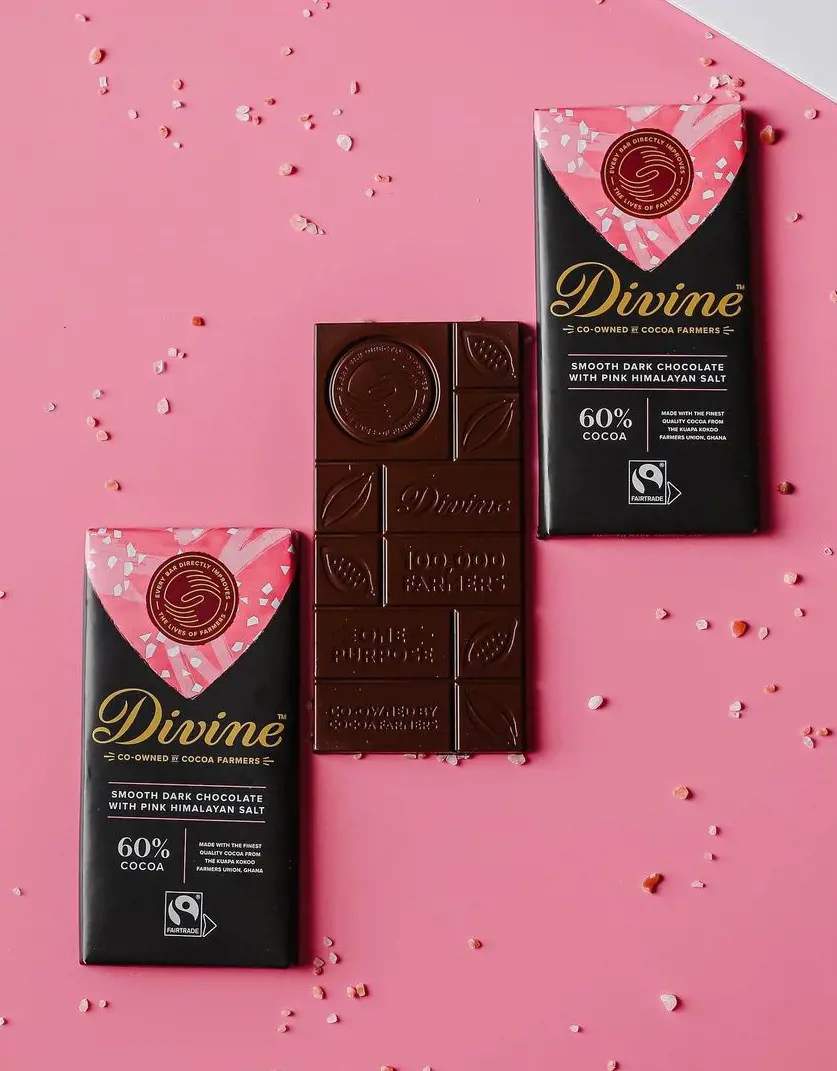
As probiotics, the cocoa in dark chocolate has a similar effect on gut bacteria. Most of these products are rich in flavanols, which are antioxidants. Having higher flavanol content indicates greater health benefits.
It improves blood flow, elevates energy levels, lowers blood pressure, and reduces heart disease risk.
24. Olives
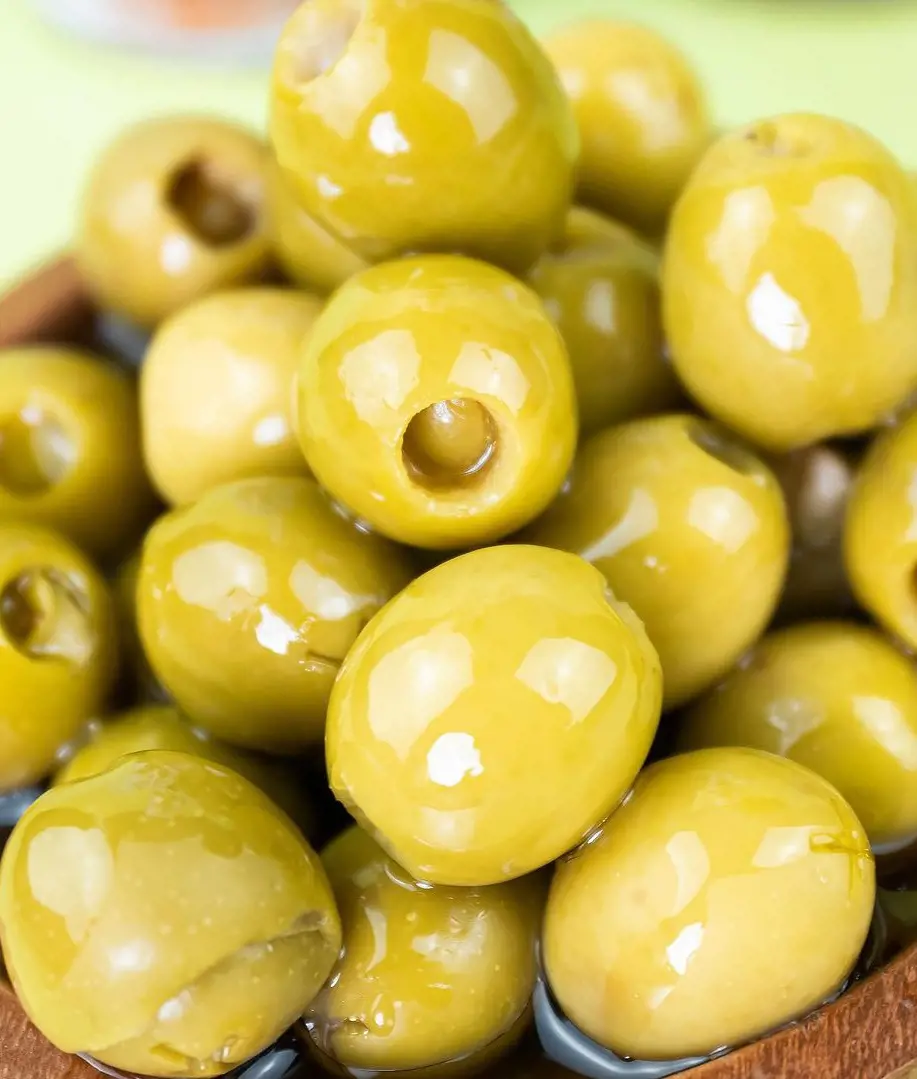
Types of olives like kalamata and green are prepared traditionally through fermentation, which frequently includes lactic acid bacteria.
Being fermented, it is a vital source of probiotics that add healthy bacteria and enzymes to your gut microbiota, which grows the health of your intestinal flora and digestive procedure and may improve your immune function.
25. Cereal
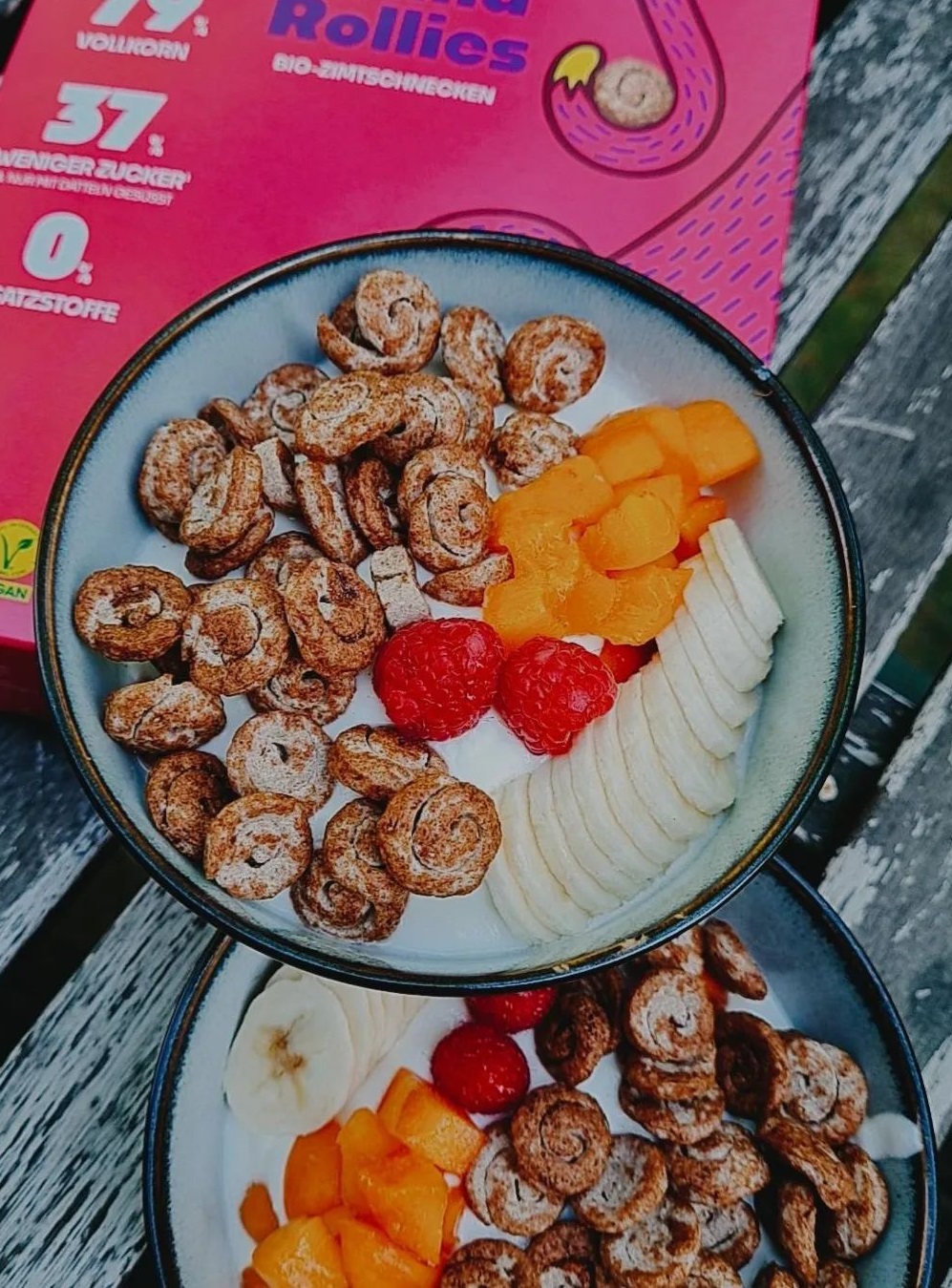
Cereals and cereal components can be applied as fermentable underlayers for probiotic bacteria supplying prebiotic effects.
Besides, it is a great carbohydrate and significant protein source that can enhance energy levels, satisfaction, and a well-rounded diet
26. Apples
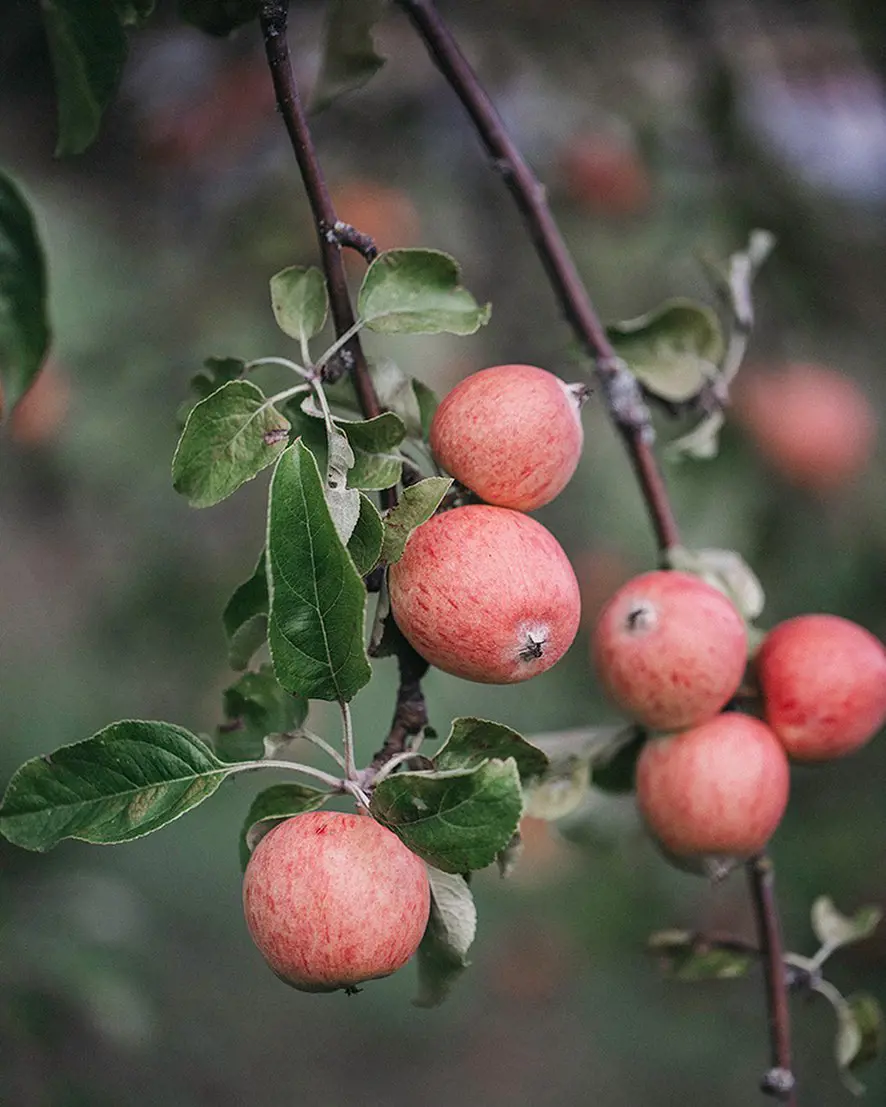
In organic apples, you can find a probiotic lactobacilli, and the prebiotic content makes apples the greatest gut-balancing nutrition. Lactobacillus strains support a healthy balance of bacteria in the vaginal and urinary tract.
Also, apples possess pectin, which provides prebiotic benefits that enable nourishing gut microbiota, decrease inflammation, improve brain health, and subdue weight gain.
27. Green Peas
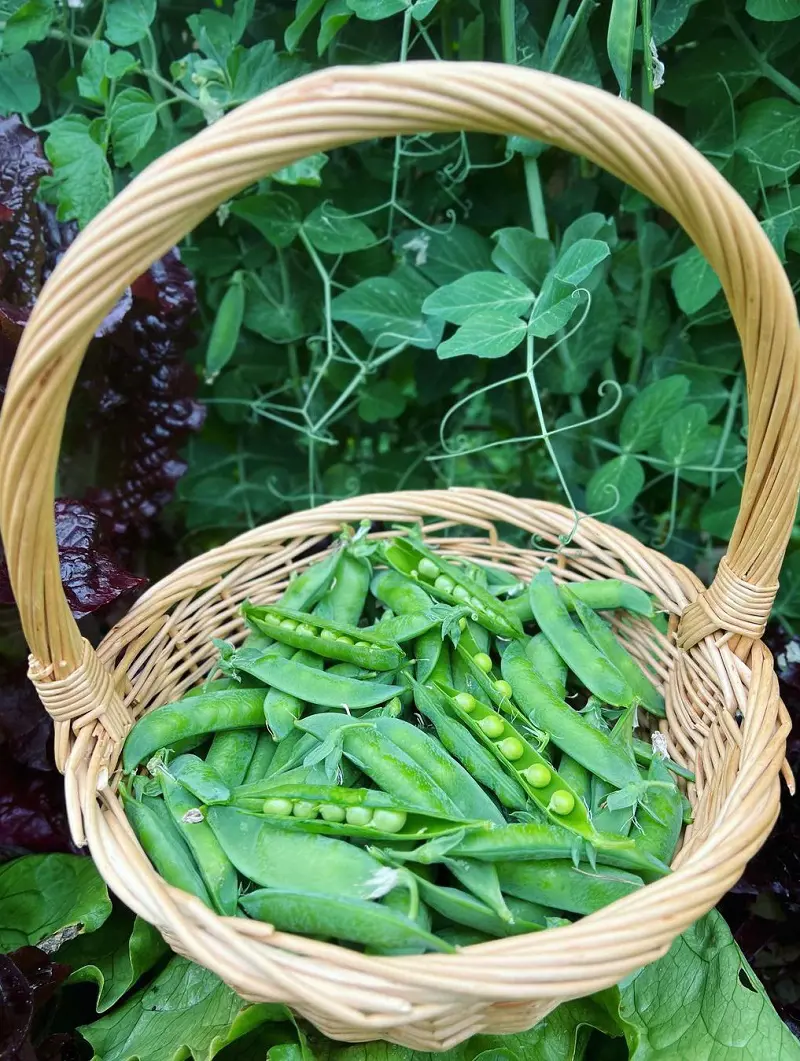
It has come to light that green peas are packed with probiotics, as they contain Leuconostoc mesenteroides, as per Japanese researchers. So adding green peas to your diet helps to improve your gut soundness and immune function.
Peas contribute natural sweetness vitamins, essential nutrients, and dietary fiber, supporting digestion and overall wellness.
28. Soy Milk
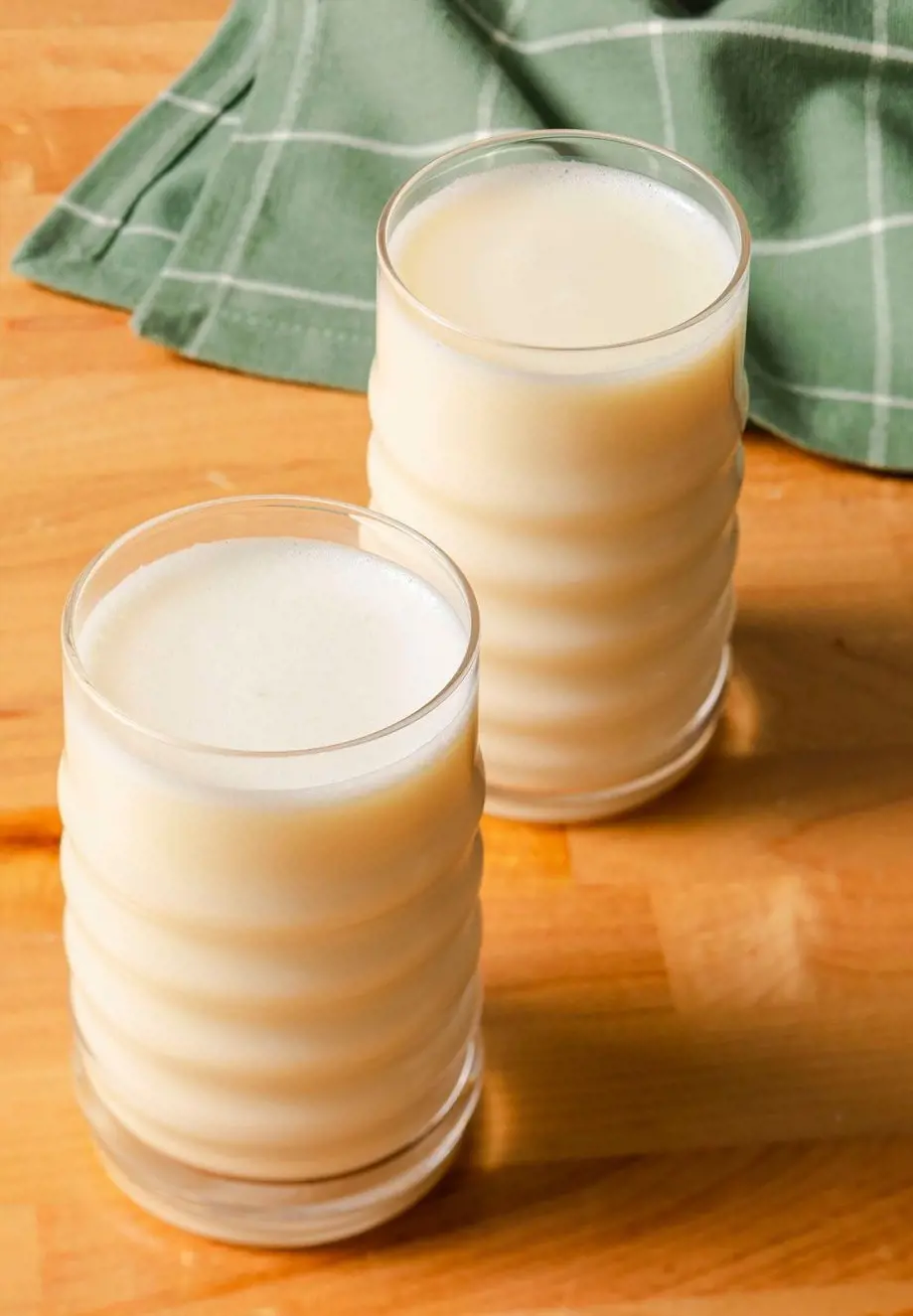
A plant-based drink, Soy Milk, is produced by soaking soybeans. While other soy milk products may fortified with probiotics, fermented soy milk includes probiotics. This drink is packed with magnesium, potassium, and vitamin B, vital for a healthy diet.
It protects against cancer, lowers cholesterol, reduces osteoporosis risk, improves heart health, decreases diabetes risk, and manages weight.
29. Herbal Teas
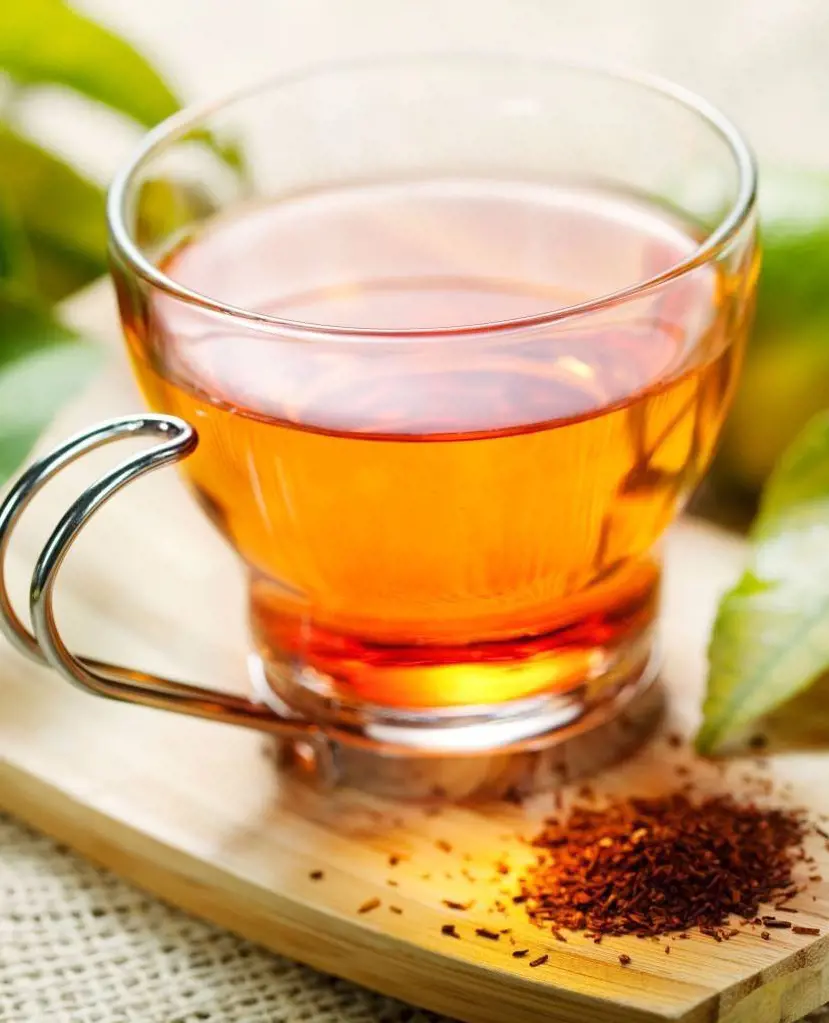
Some herbal teas like ripe pu'er, kombucha tea, and raw pu'er are rich in probiotics and include natural living bacteria and other microorganisms that grow beneficial bacteria in the gut.
It contains other essential nutrients that contribute to digestion, lower inflammation, boost the immune system, and aid weight loss.
30. Celery Juice
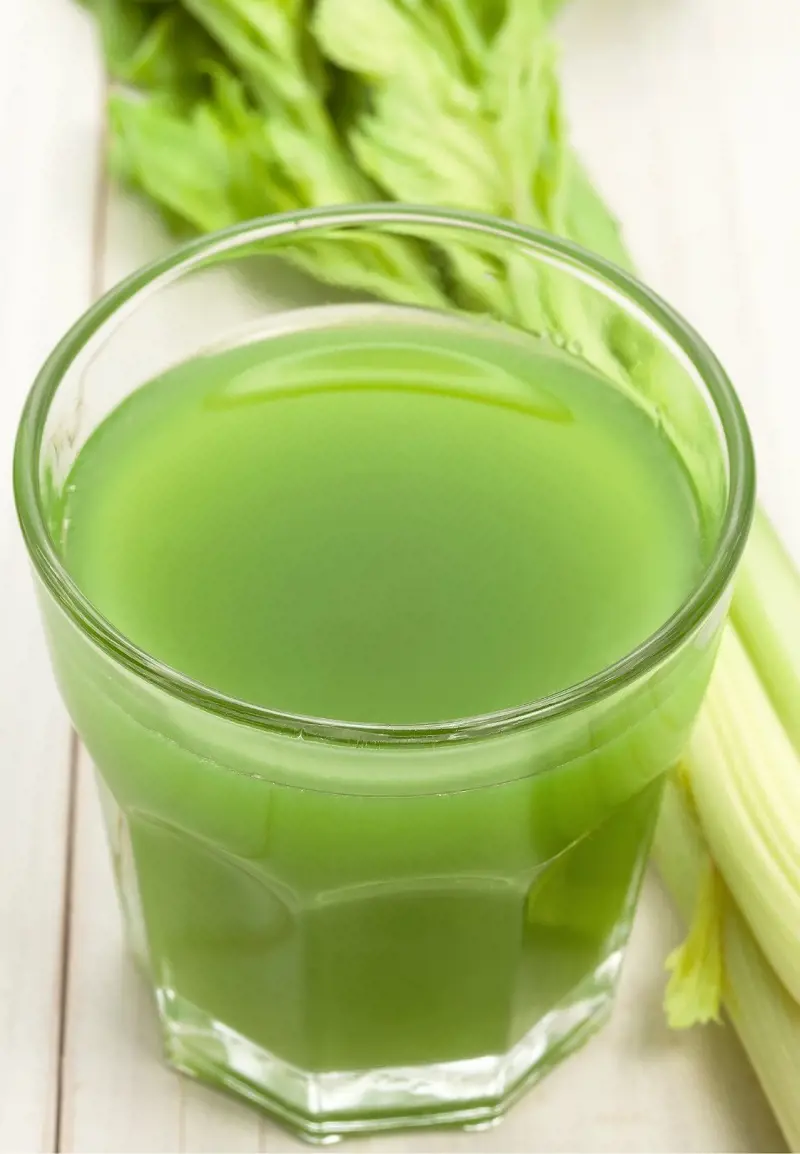
Having a promising probiotic value, celery juice is rich in healthy bacteria that will multiply in the gut and improve our overall health. Emerging research implies that a healthy stomach positively influences mental soundness through communication between the colon and the brain.
This juice is loaded with antioxidants and other essential minerals that help to improve digestion, stimulate hair growth, clear skin, stabilize mood, and lower memory loss.
Recent posts
Nutrition
Nutrition
16 Benefits Of Coriander That Will Surprise You
Abundant in nutrients and antioxidants, coriander is an annual herb with a characteristic aroma that is extensively used around the world. Both coriander leaves (also called cilantro) and seeds are used in various cuisines around the world. Known fo...
Nutrition
Chia Seeds Benefits: 15 Reasons To Eat These Tiny Seeds
Chia seeds are tiny edible seeds obtained from the plant known as "Salvia hispanica", belonging to the mint family. Oval, gray, and filled with black and white spots, these small seeds are highly valued for their abundant nutrients and health be...
Nutrition
How Much Calcium Is Actually Needed?
Calcium is a mineral associated with bones, muscles and the nervous system in the body. Current dietary guidelines suggest different Recommended Dietary Allowances(RDAs) for adult males and females, with 1000mg being optimal for males and 1200mg for...
Nutrition
B12 Vitamin Food Sources: A Comprehensive Guide
Vitamin B12, an essential nutrient, plays a crucial role in various bodily functions, including red blood cell production, nerve function, and DNA synthesis. While animal-based foods are the primary sources of B12, certain fortified plant-based foods...
Nutrition
What Foods Are High In Cholesterol? 20 Foods To Avoid
Animal products like meat, eggs, milk, and cheese are sources of dietary cholesterol, unlike plant-based foods. For those aiming to lower their cholesterol intake, it's essential to be mindful of animal-based food choices. While some high-cholesterol...
Nutrition
18 Fat Burning Smoothies For Weight Loss
The weight loss journey is tough if you have to get on the same path day after day, facing cravings and temptations along the way. We suggest you stop making it a monotonous struggle and make it a flavorful adventure instead. One of the easiest and m...

